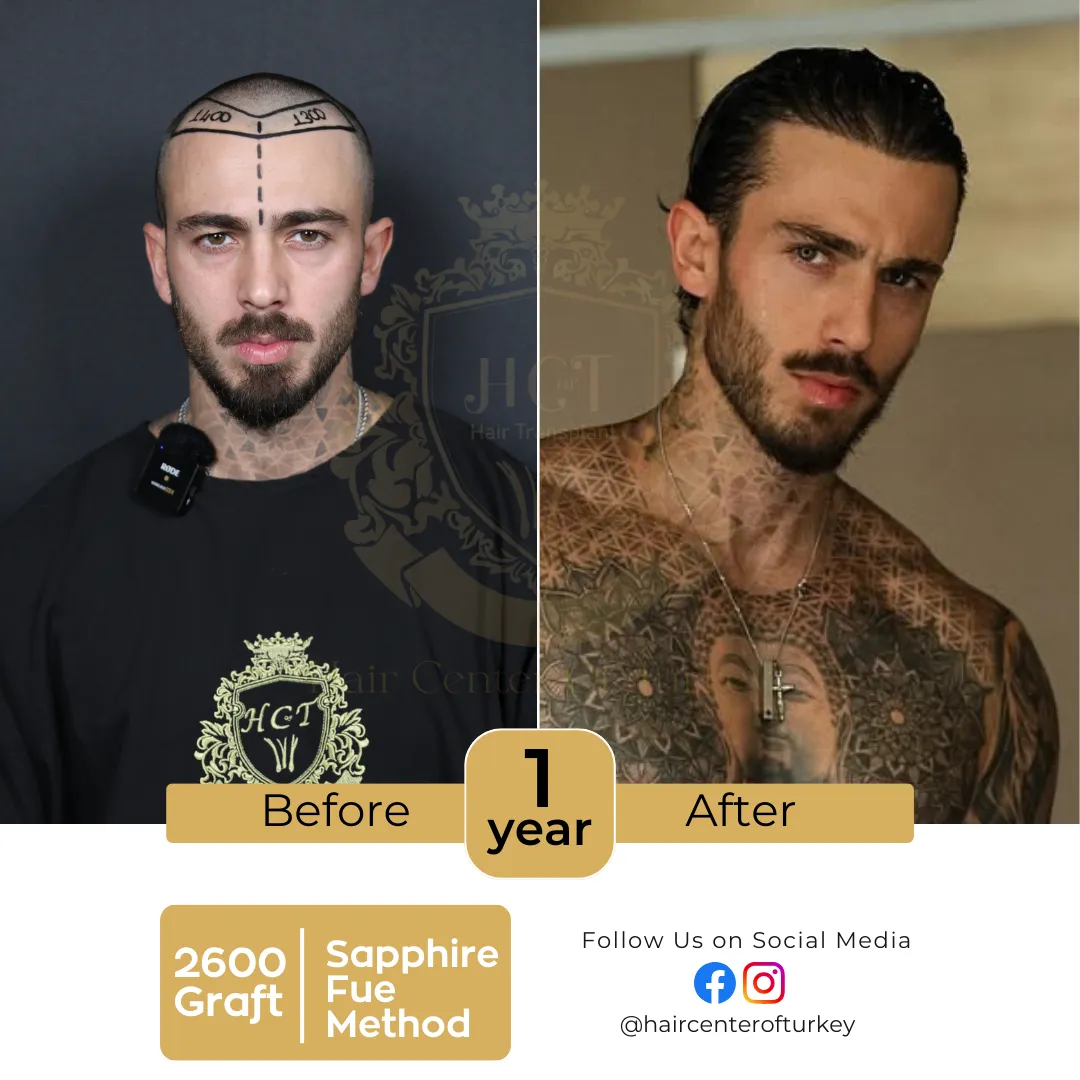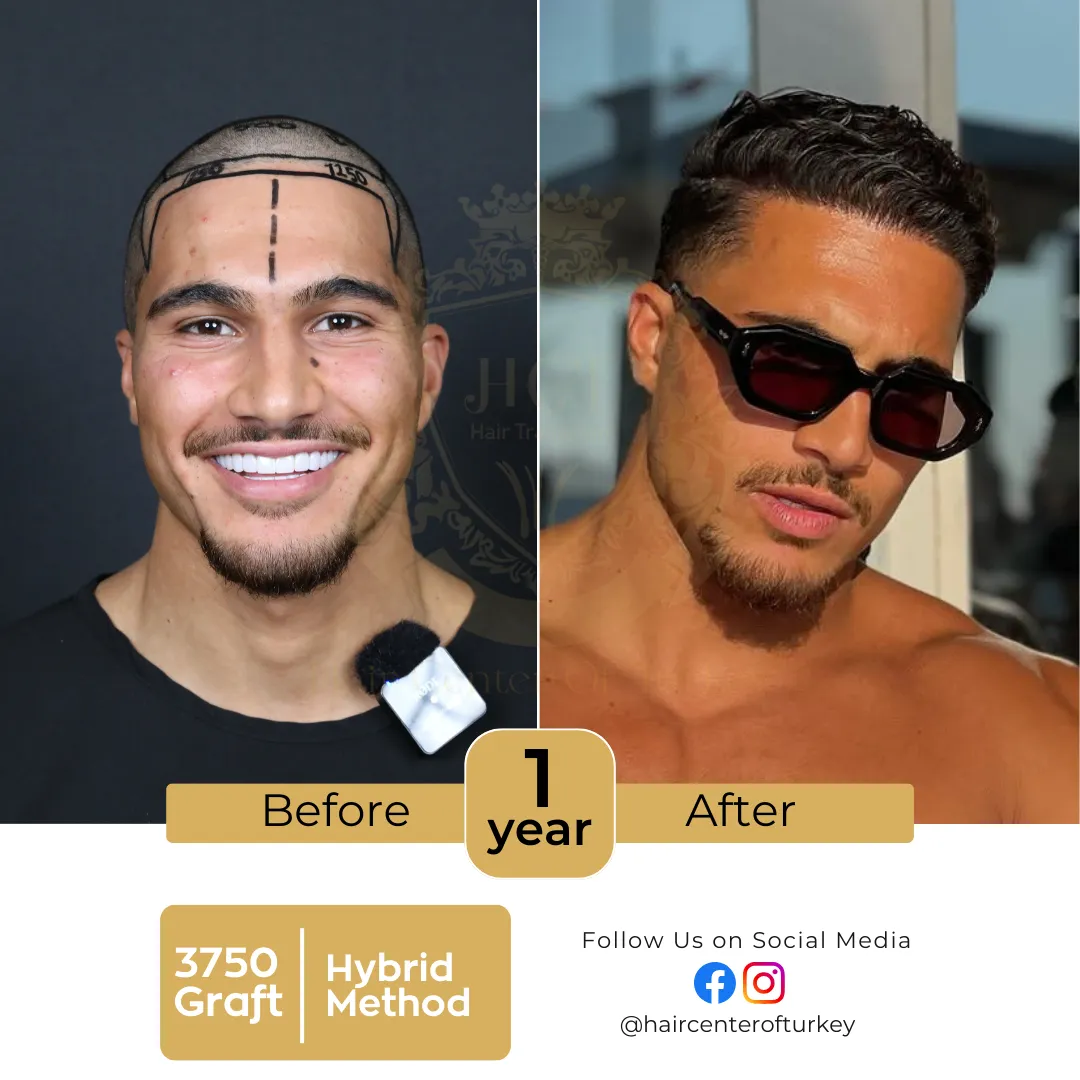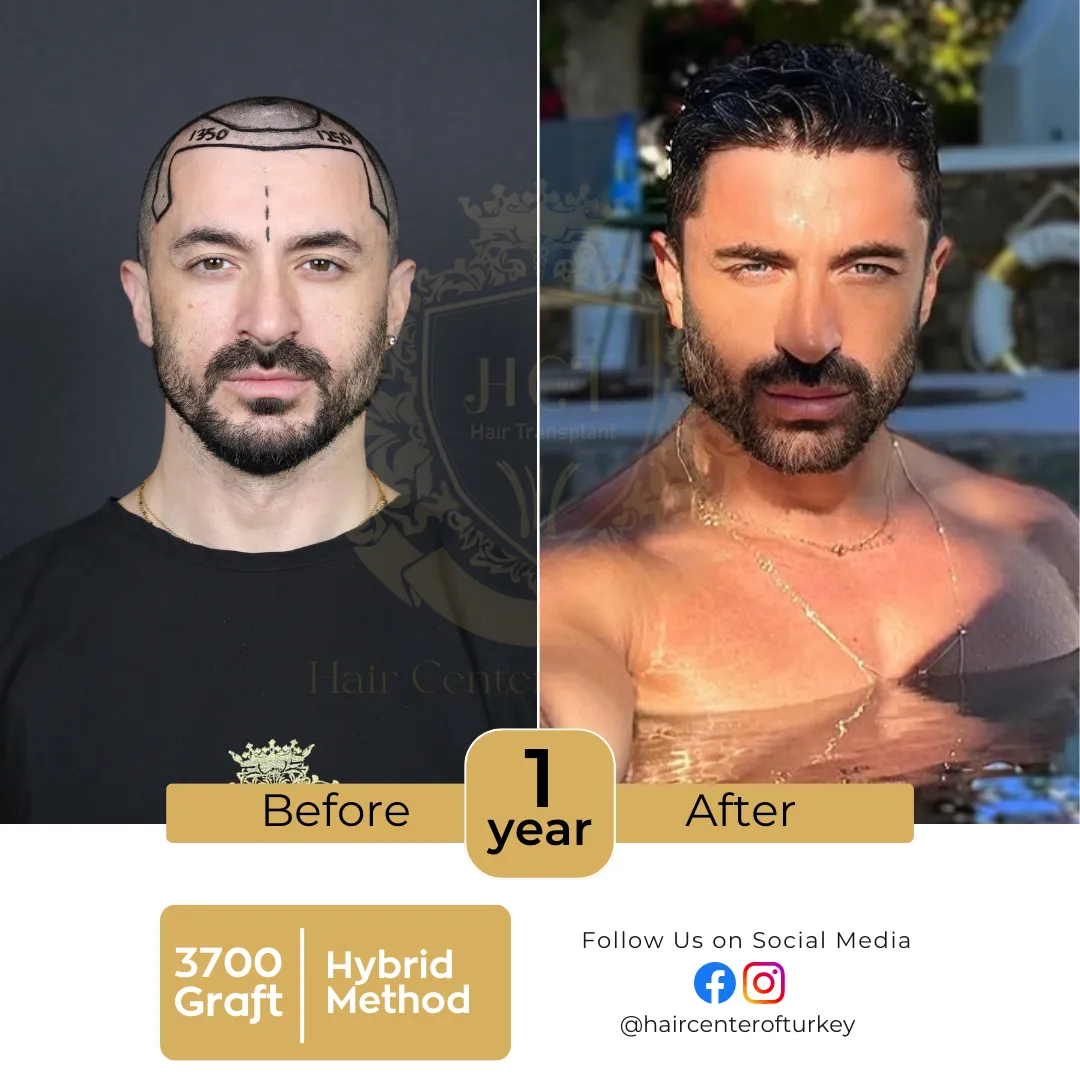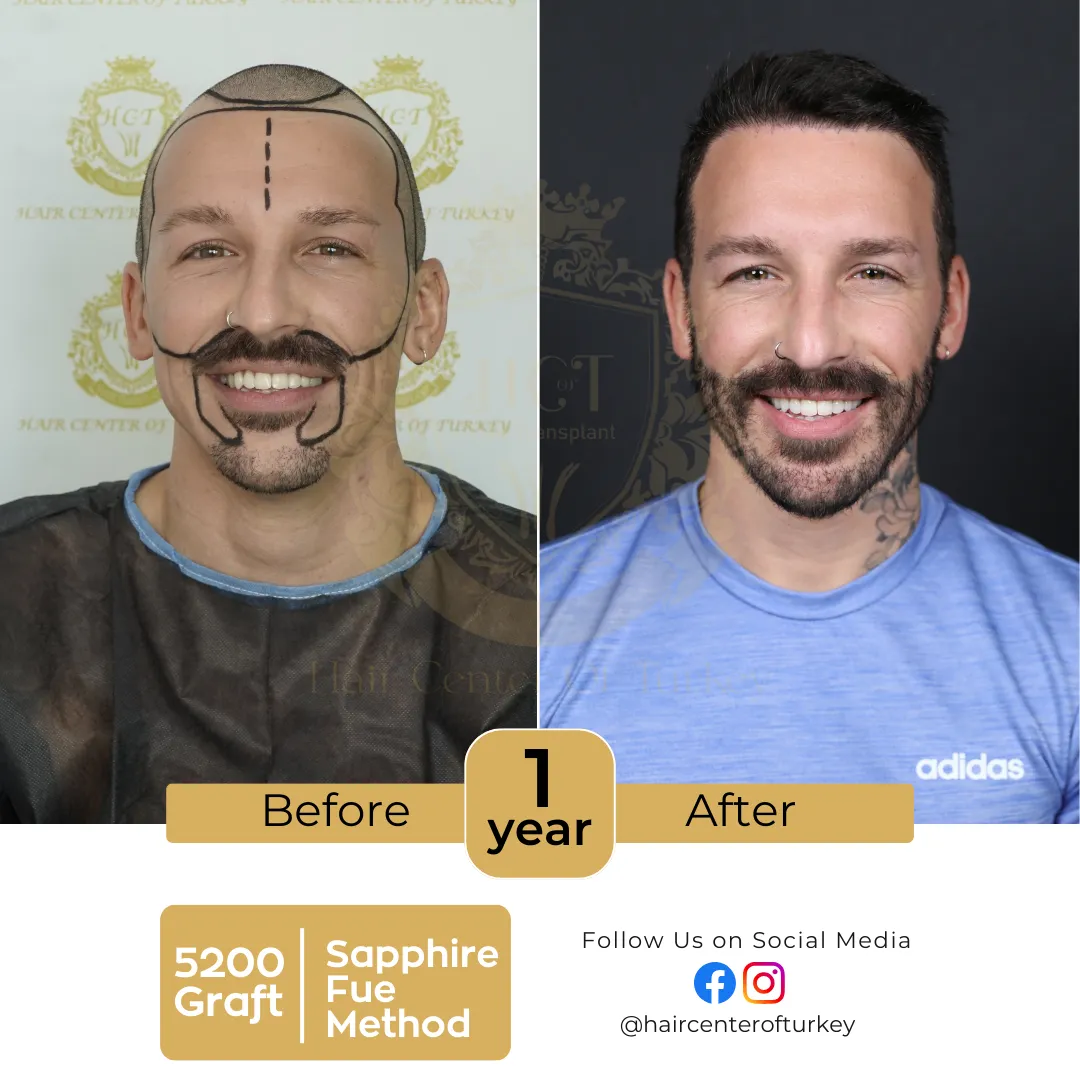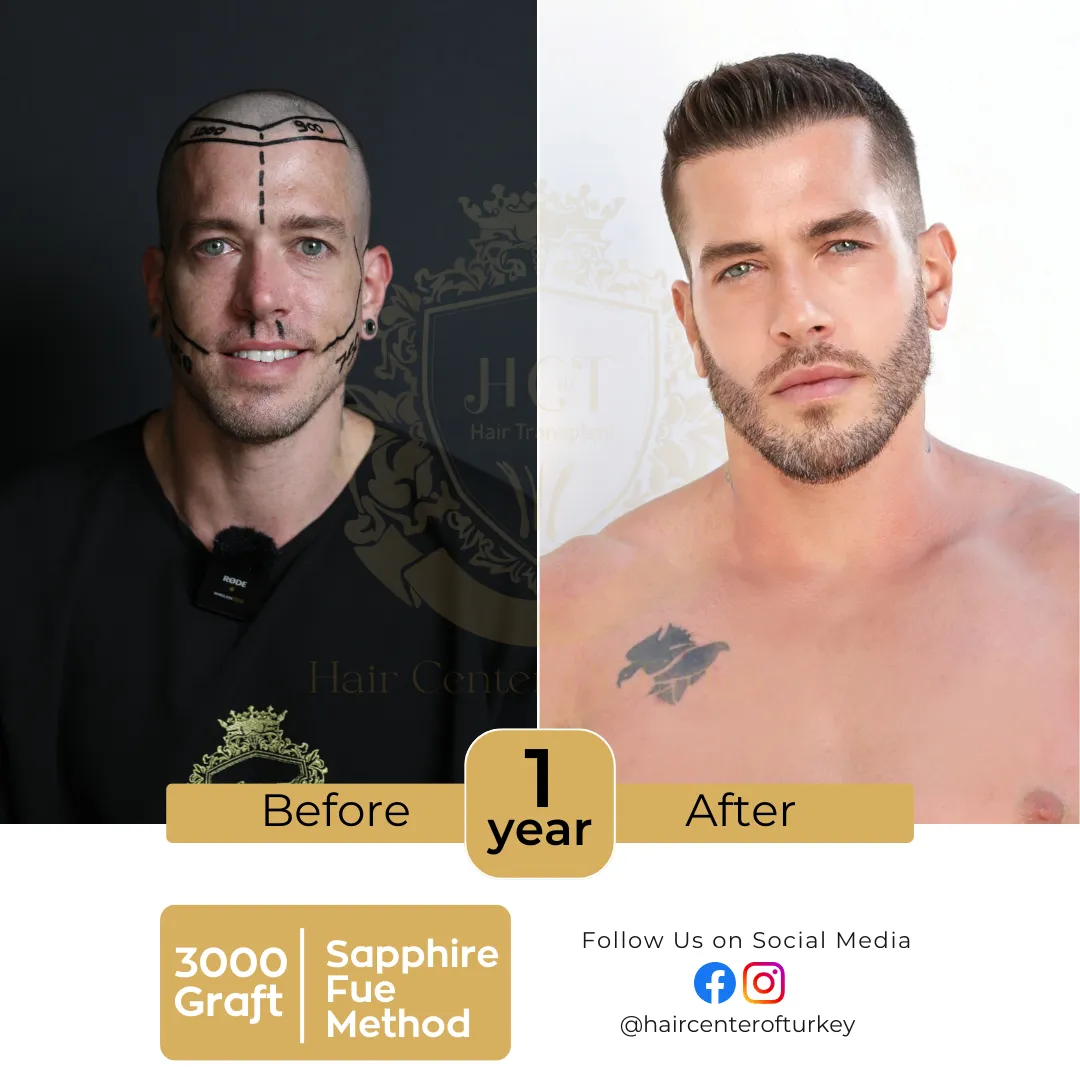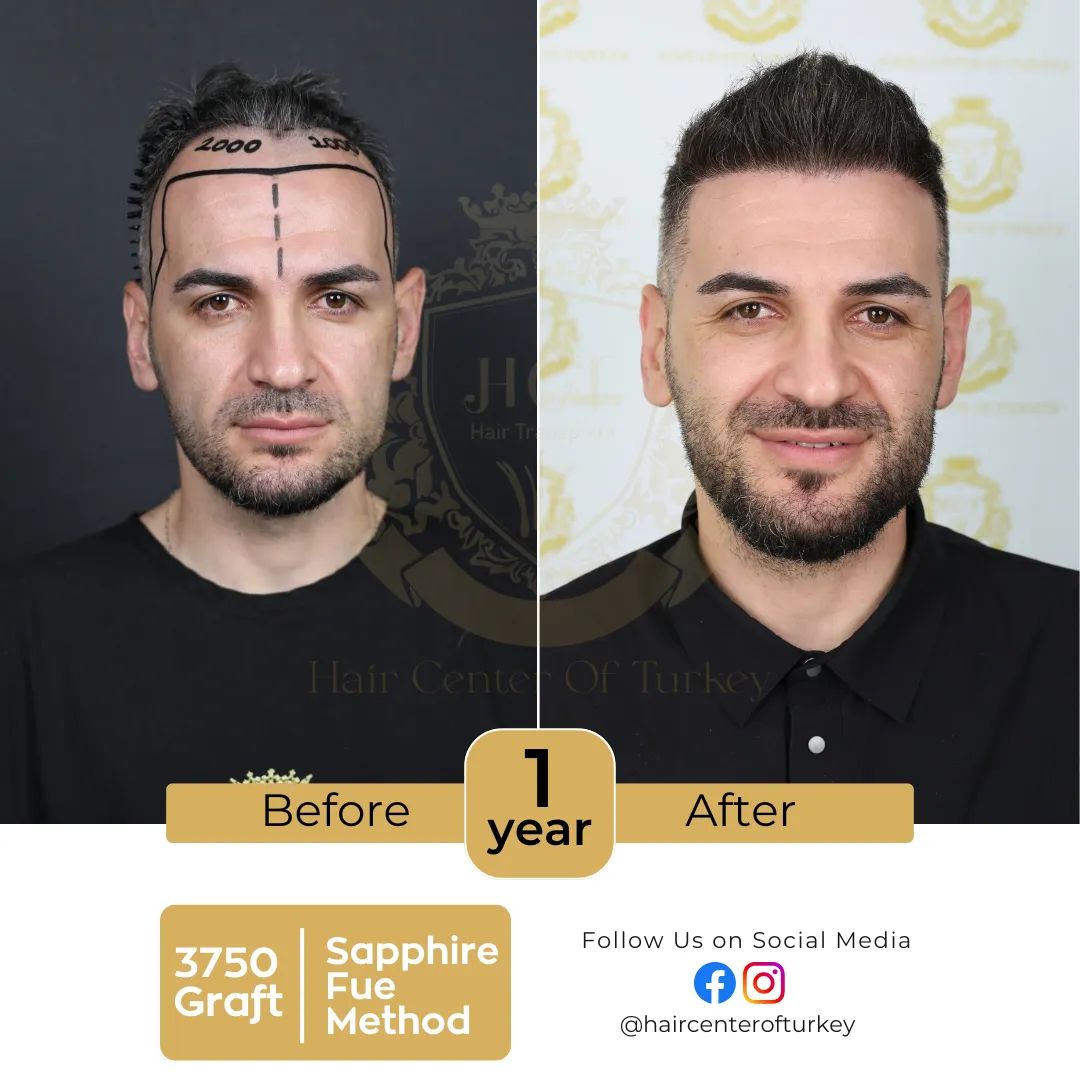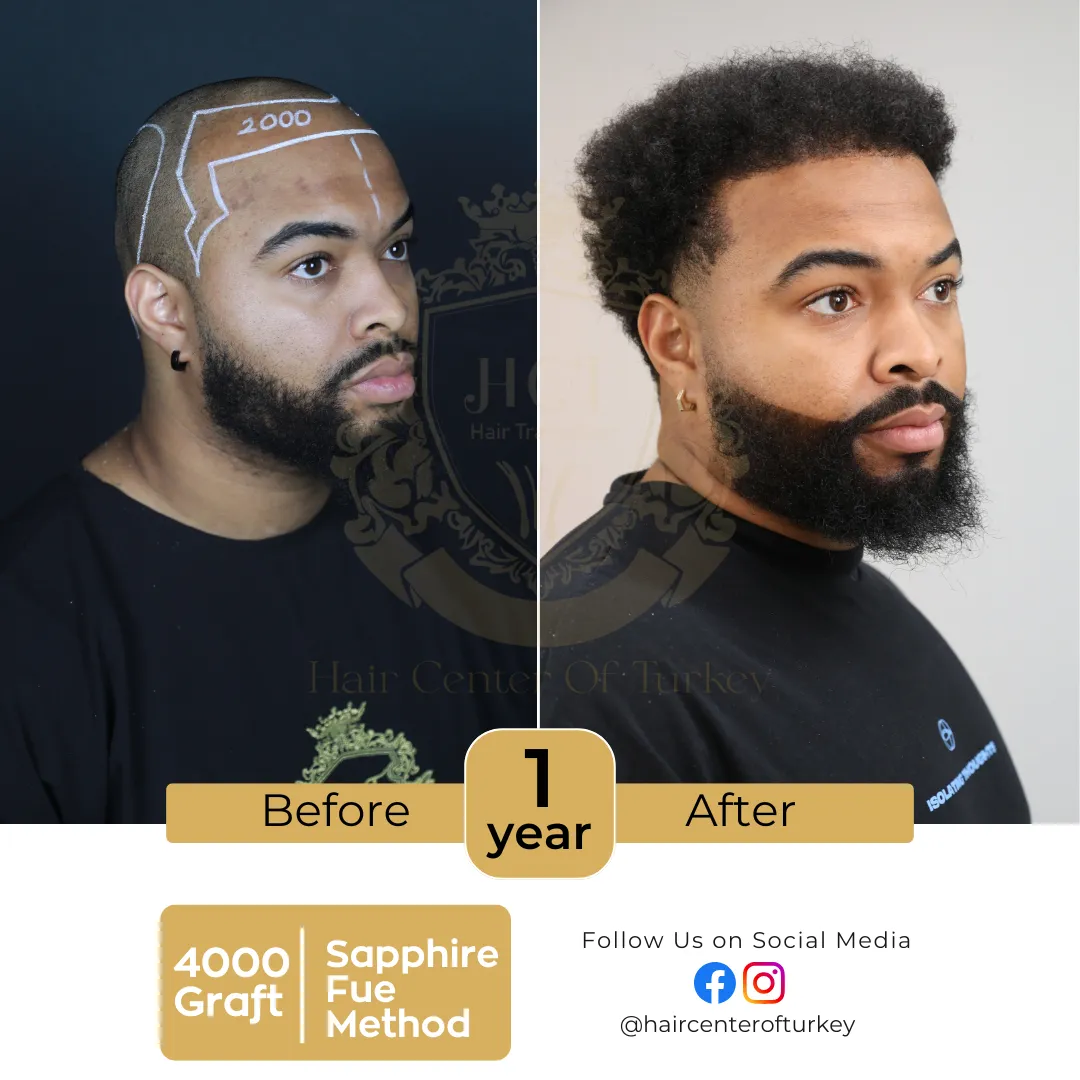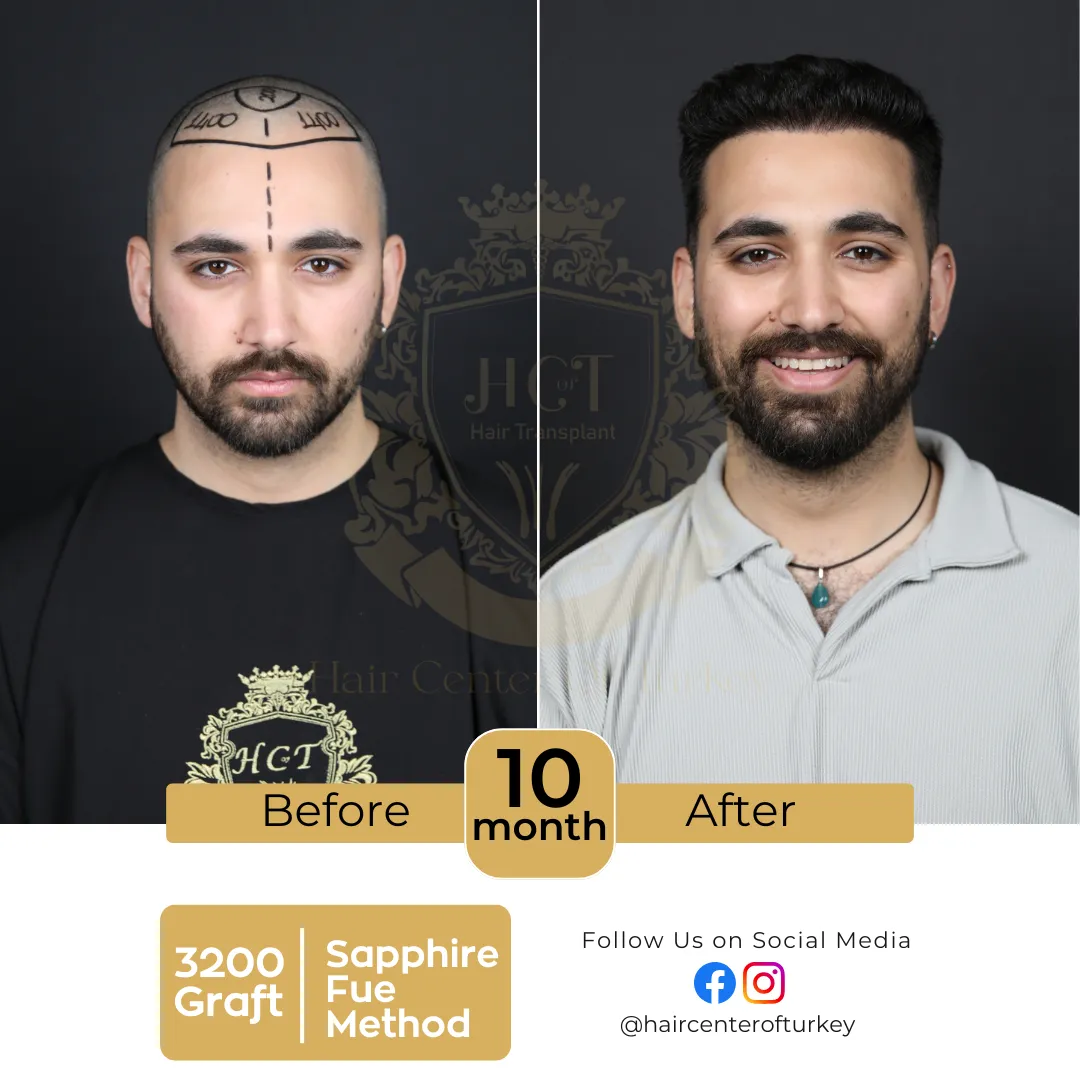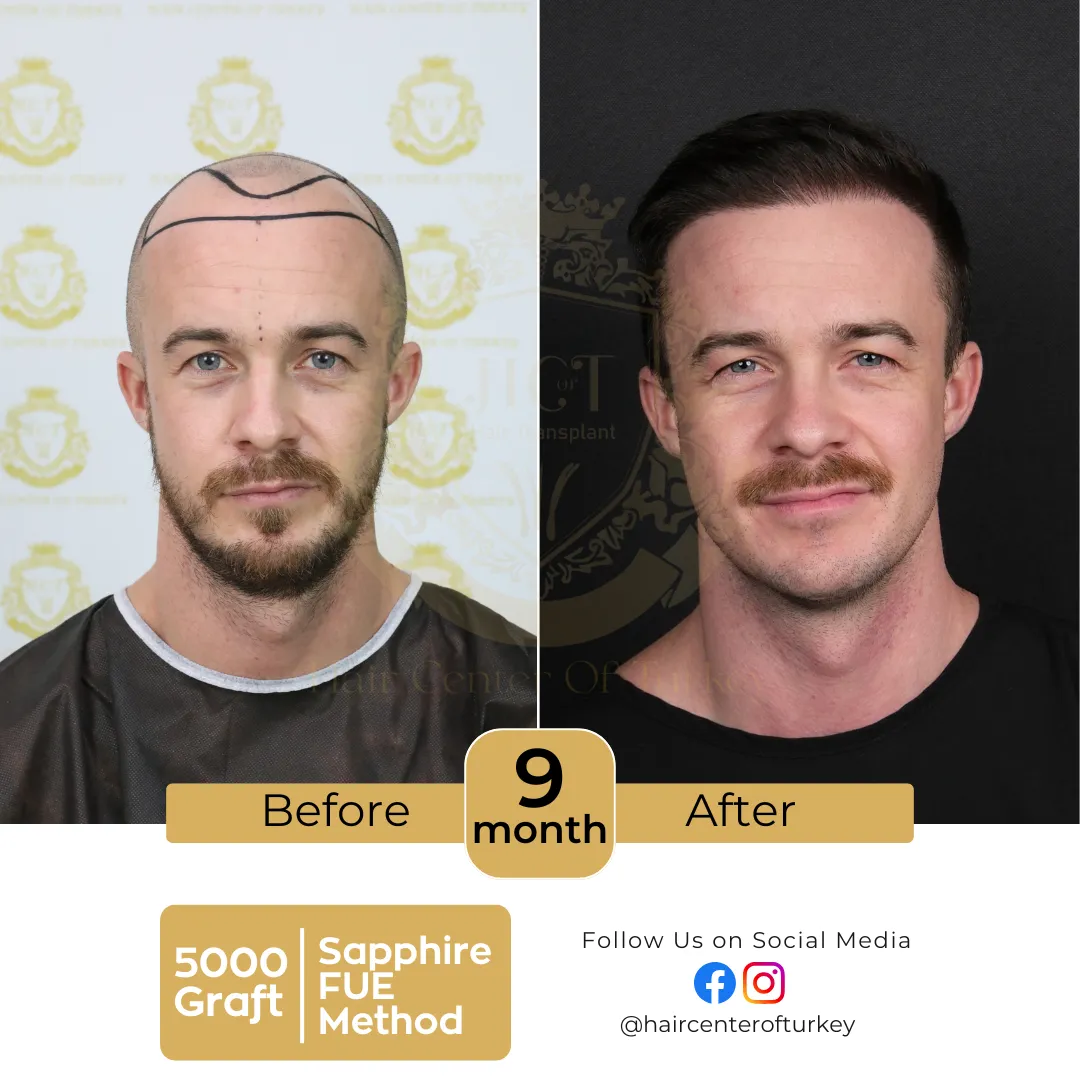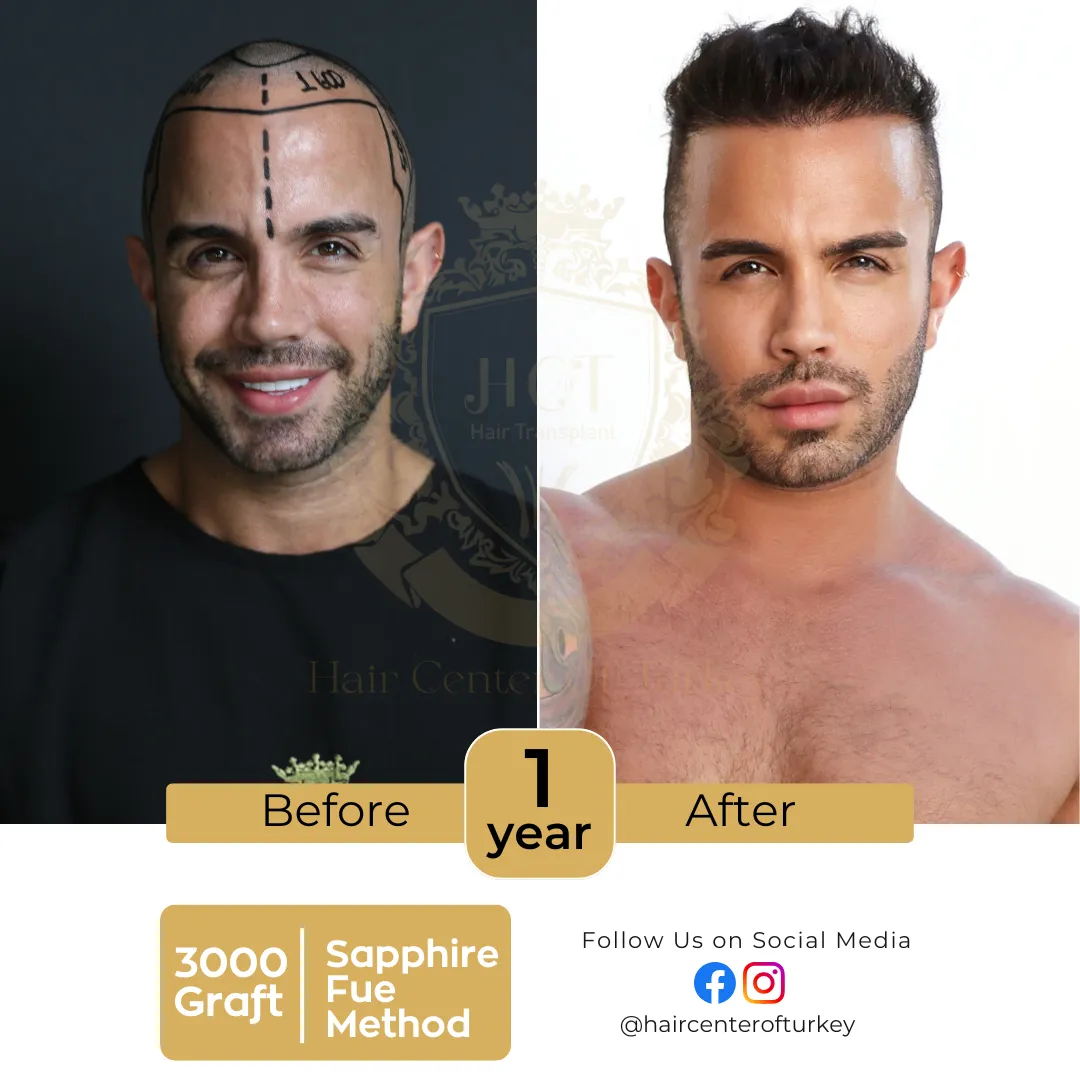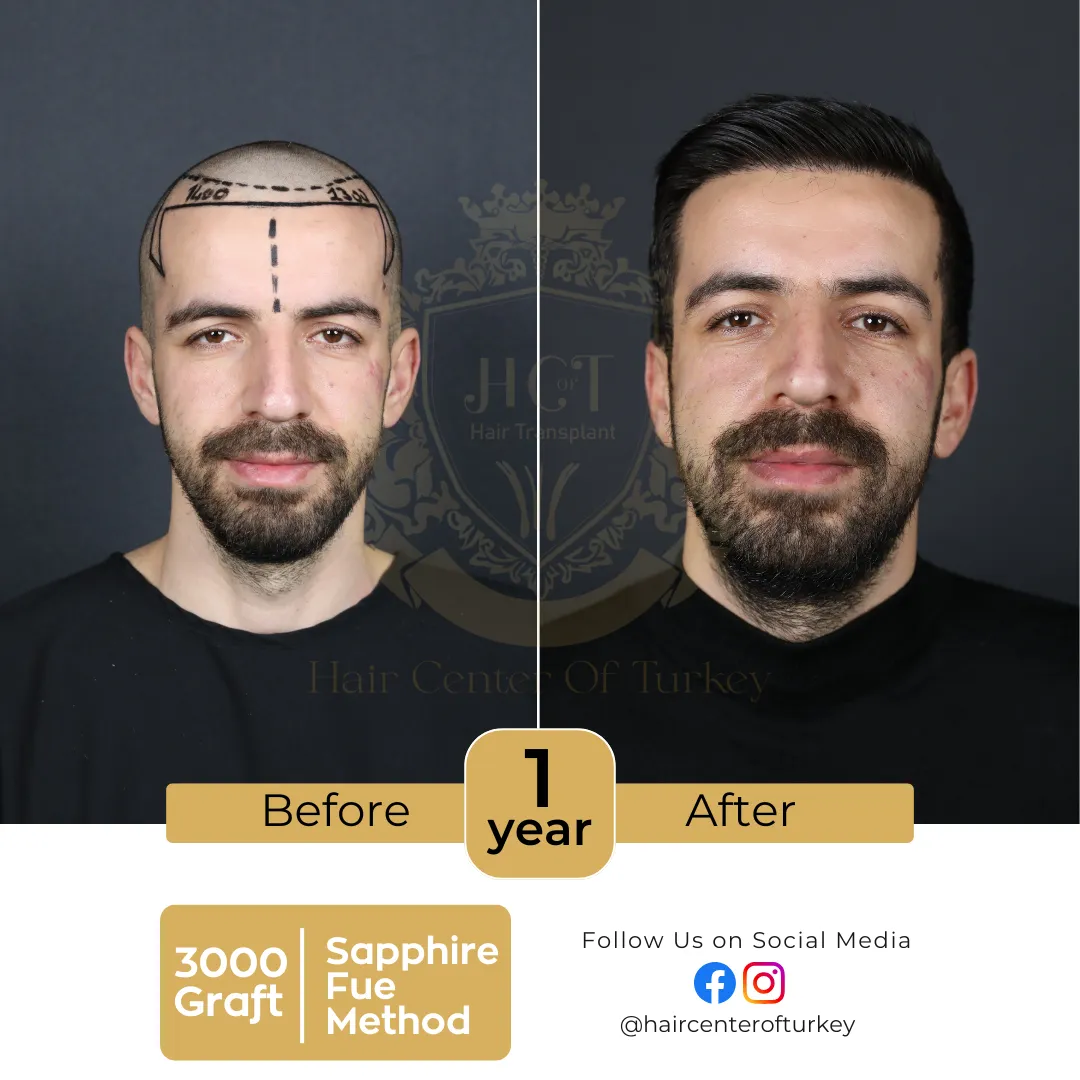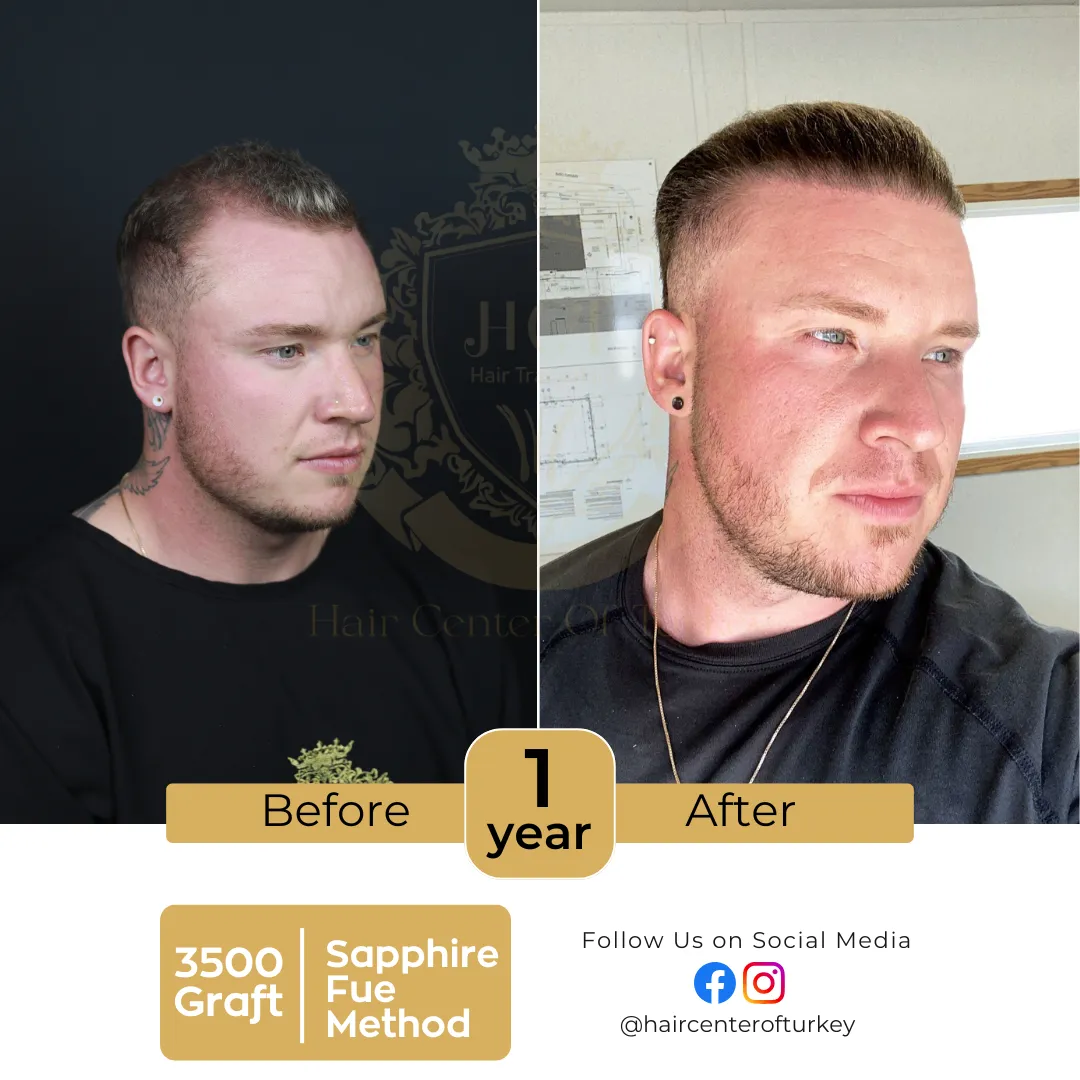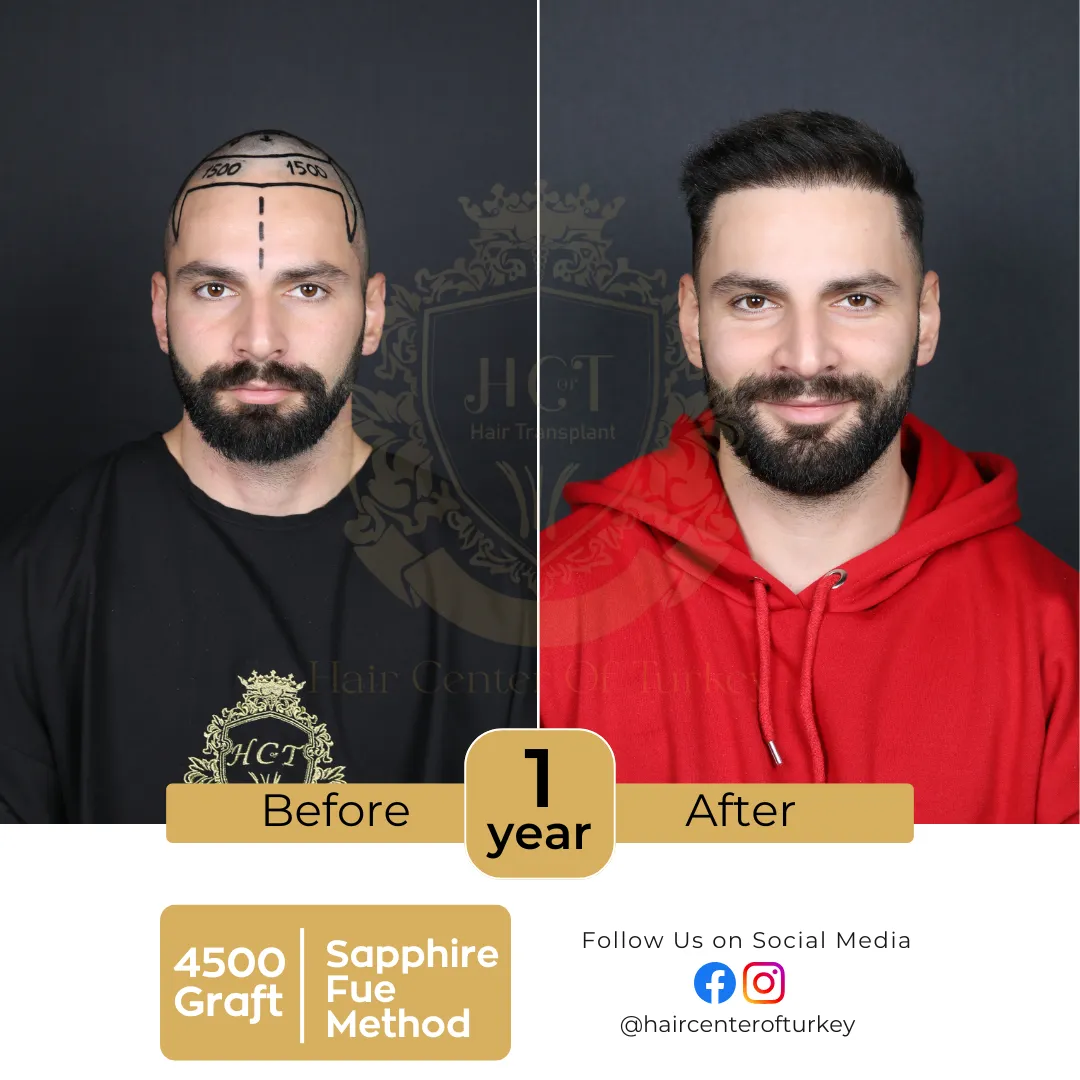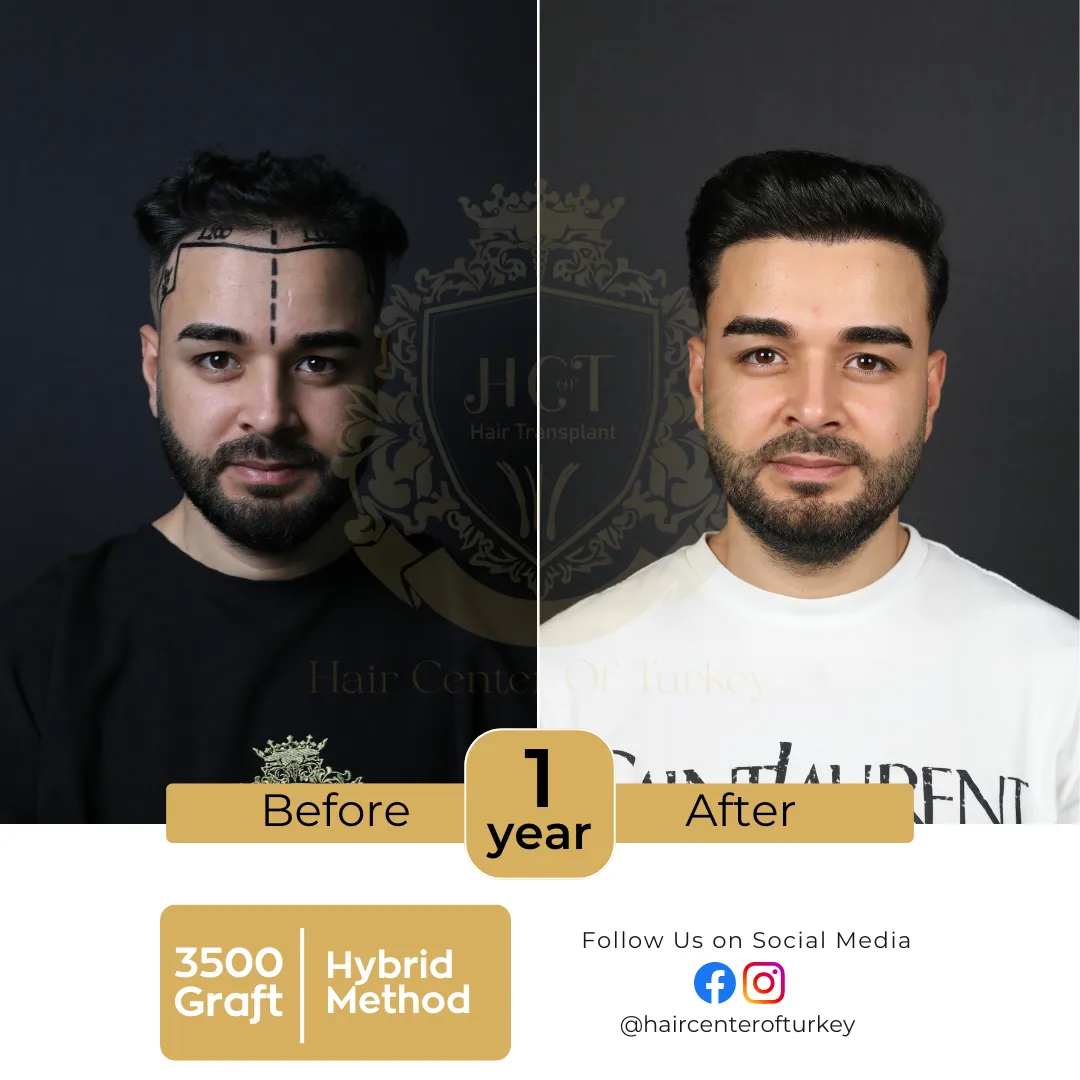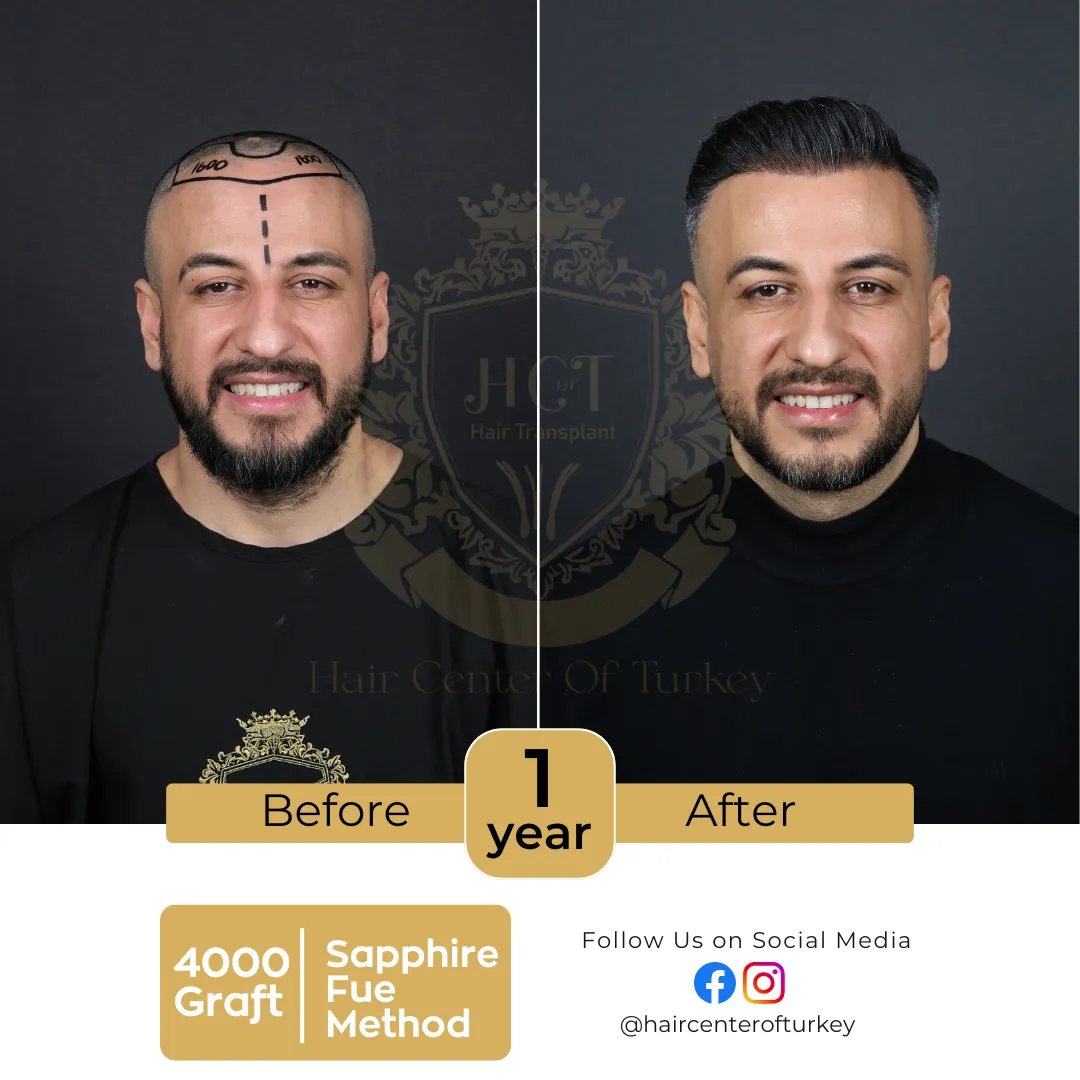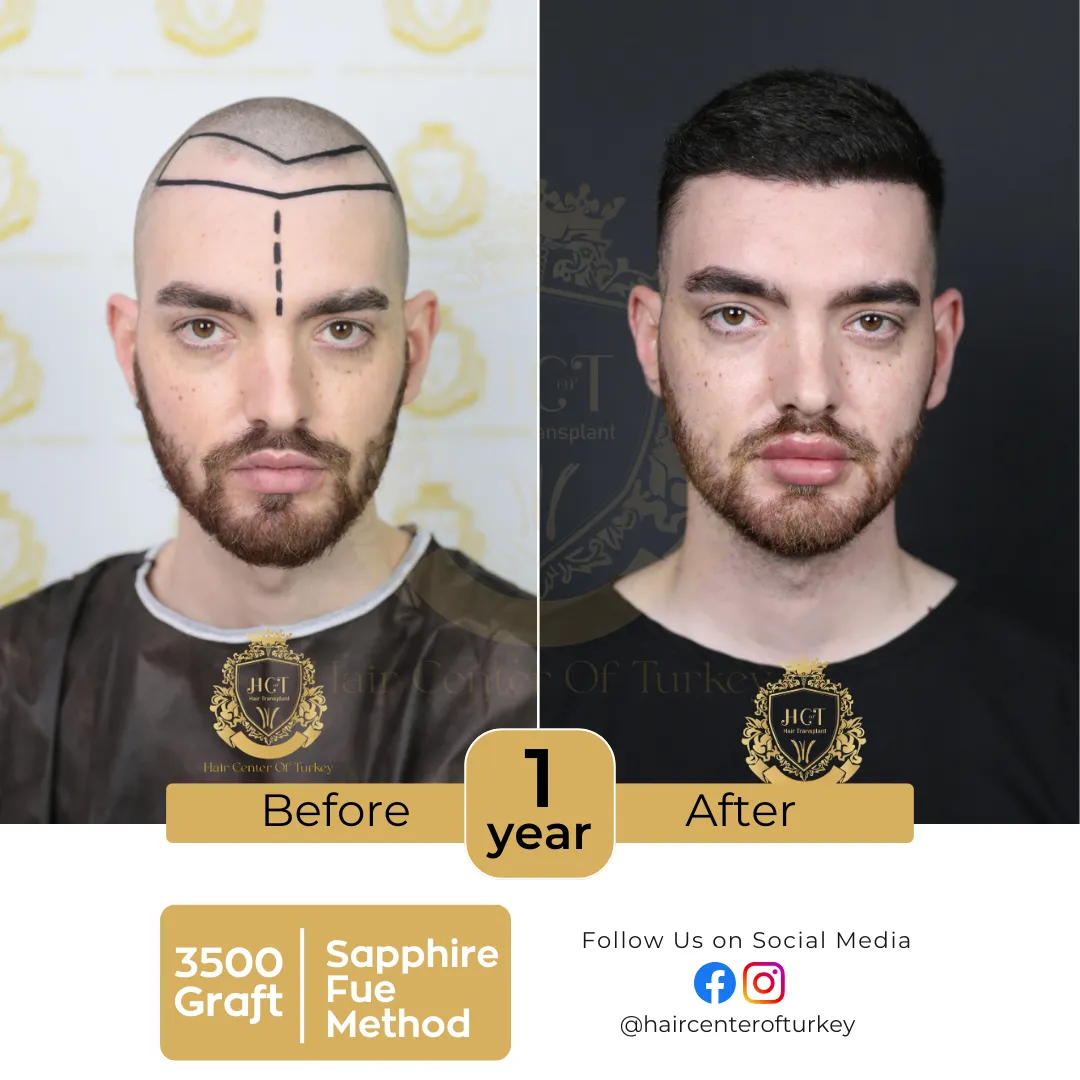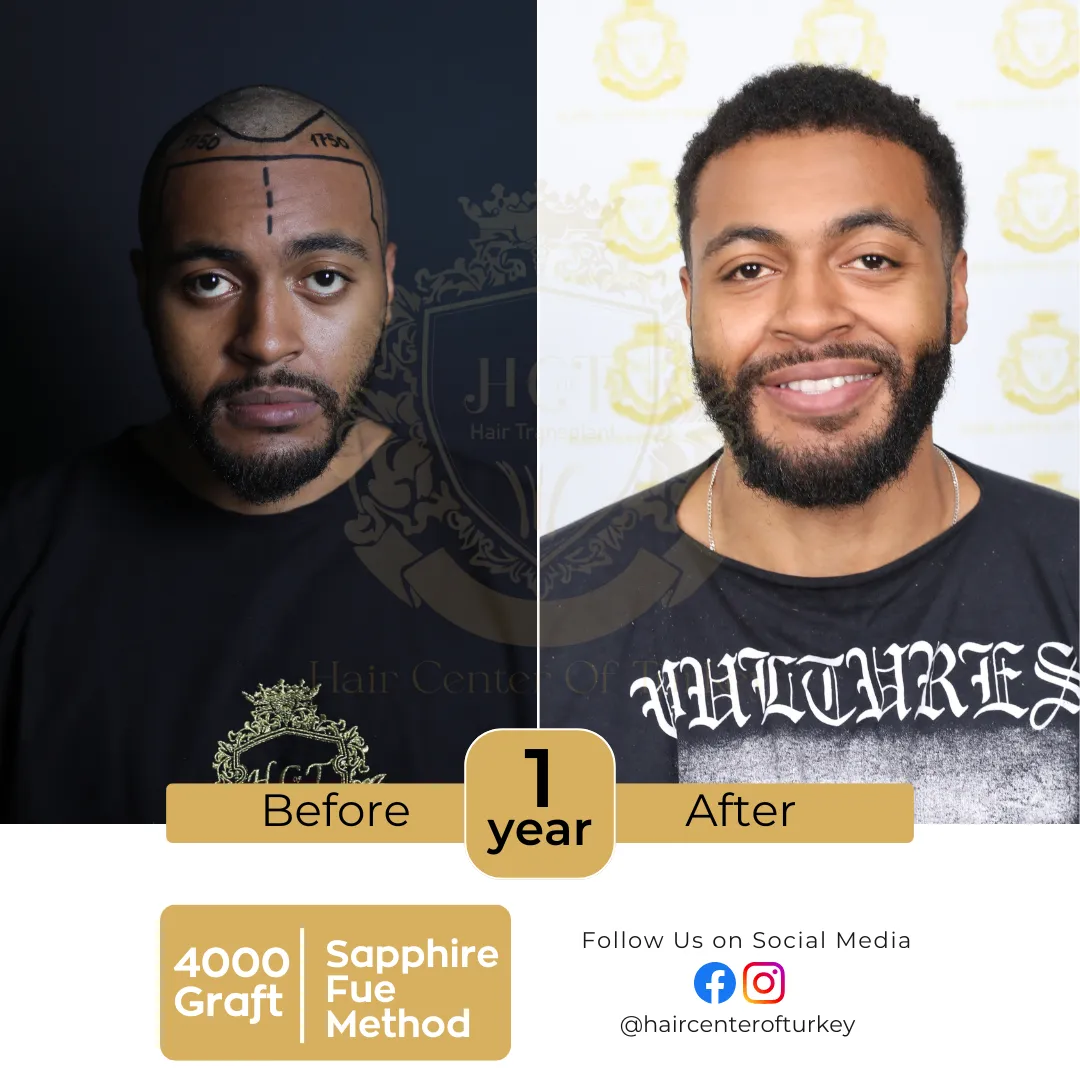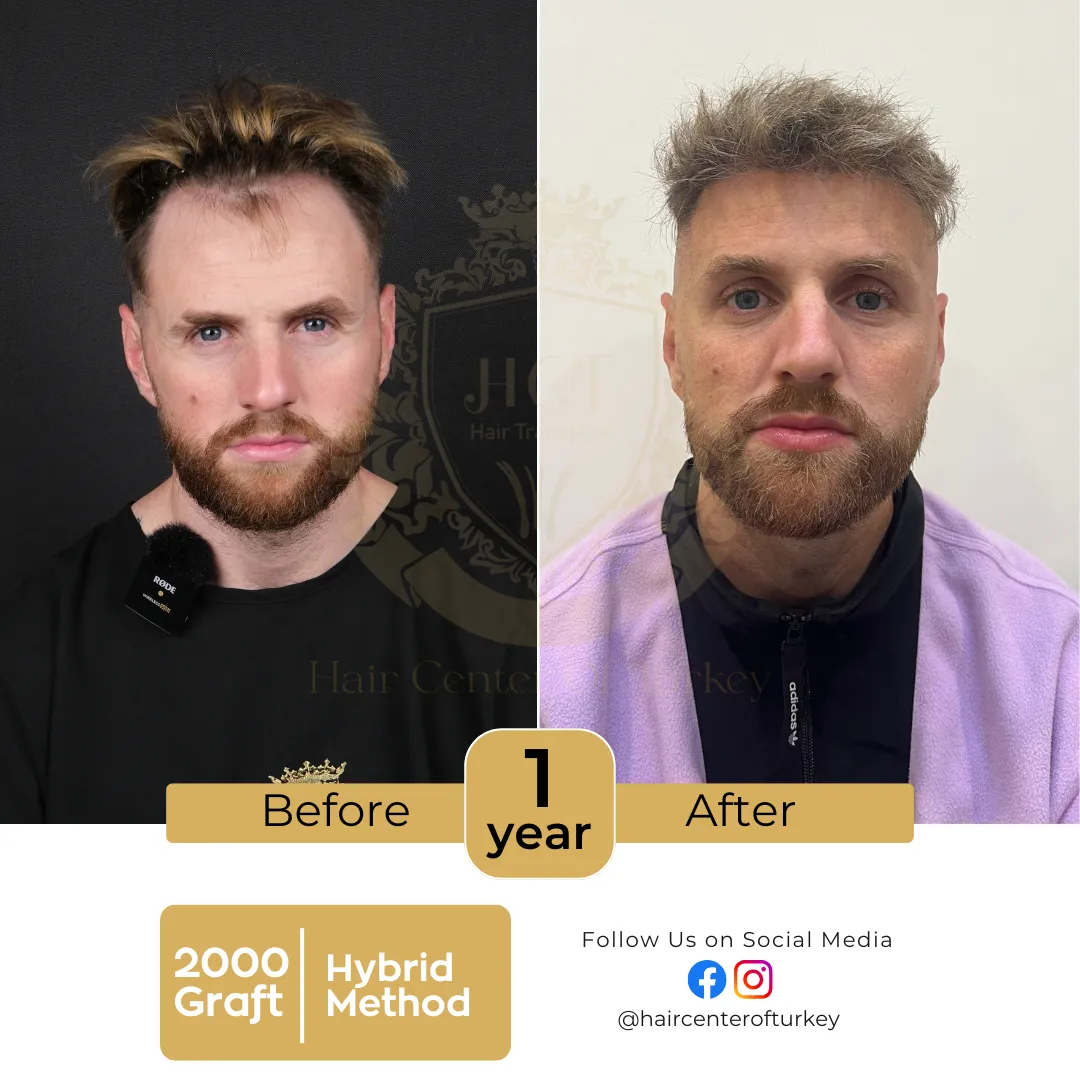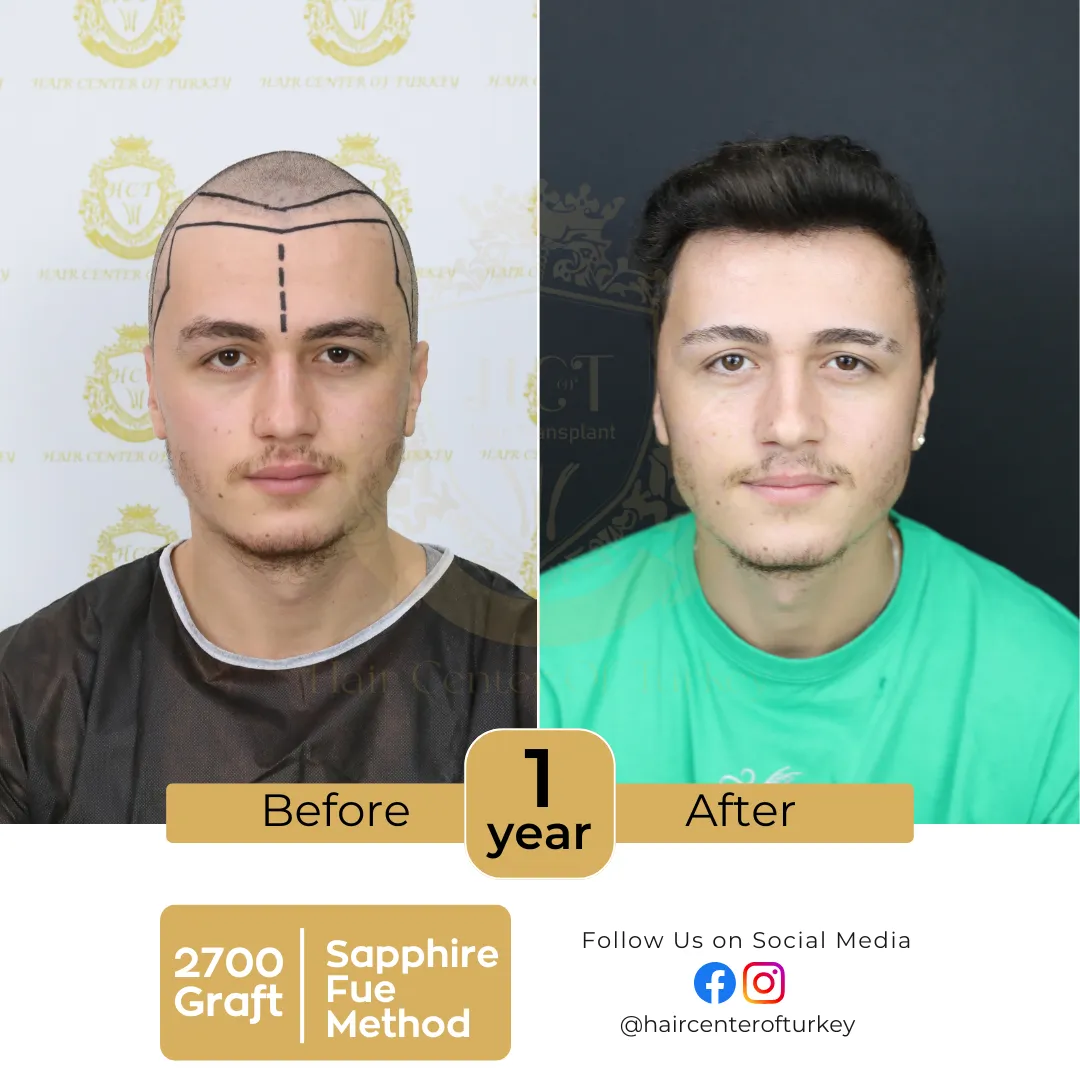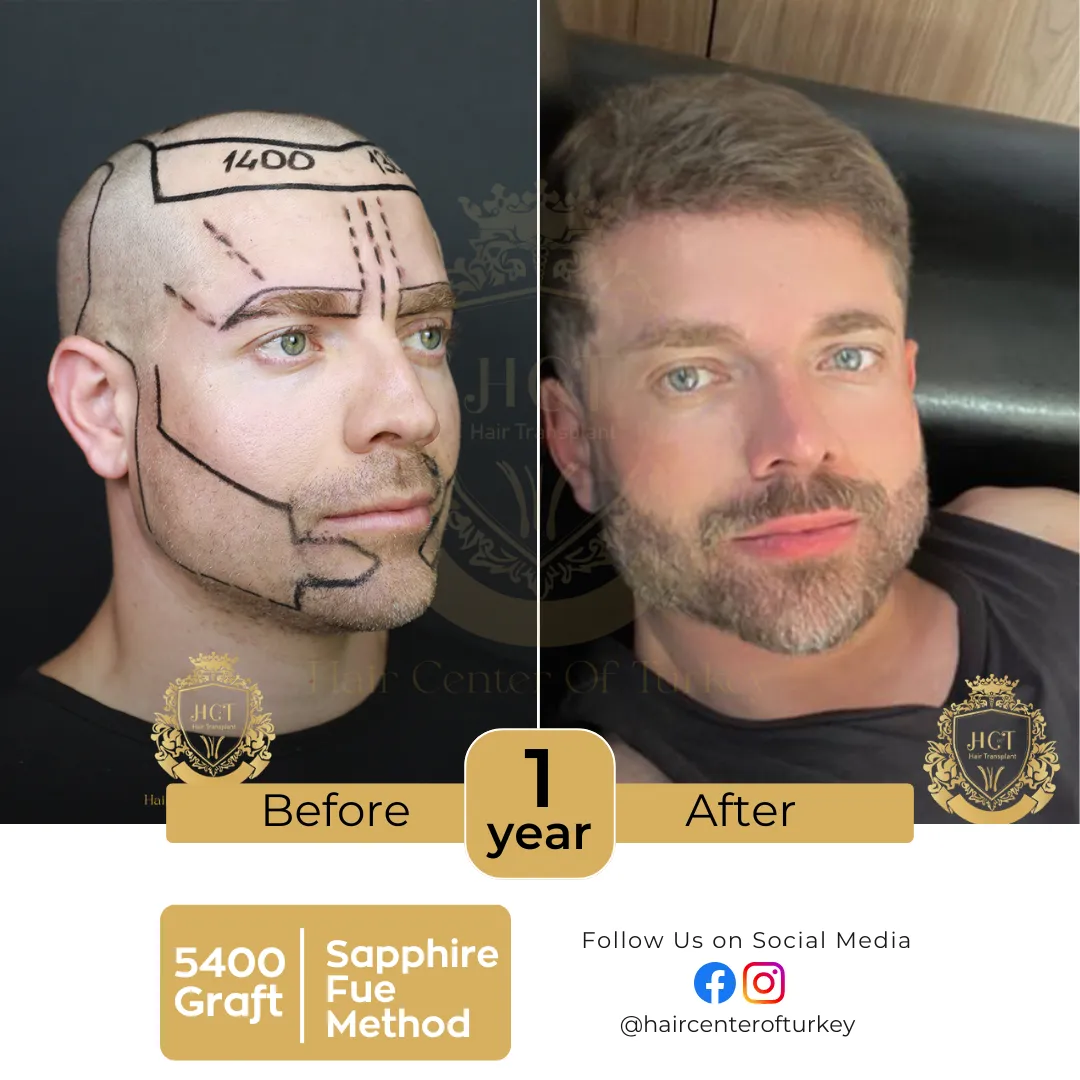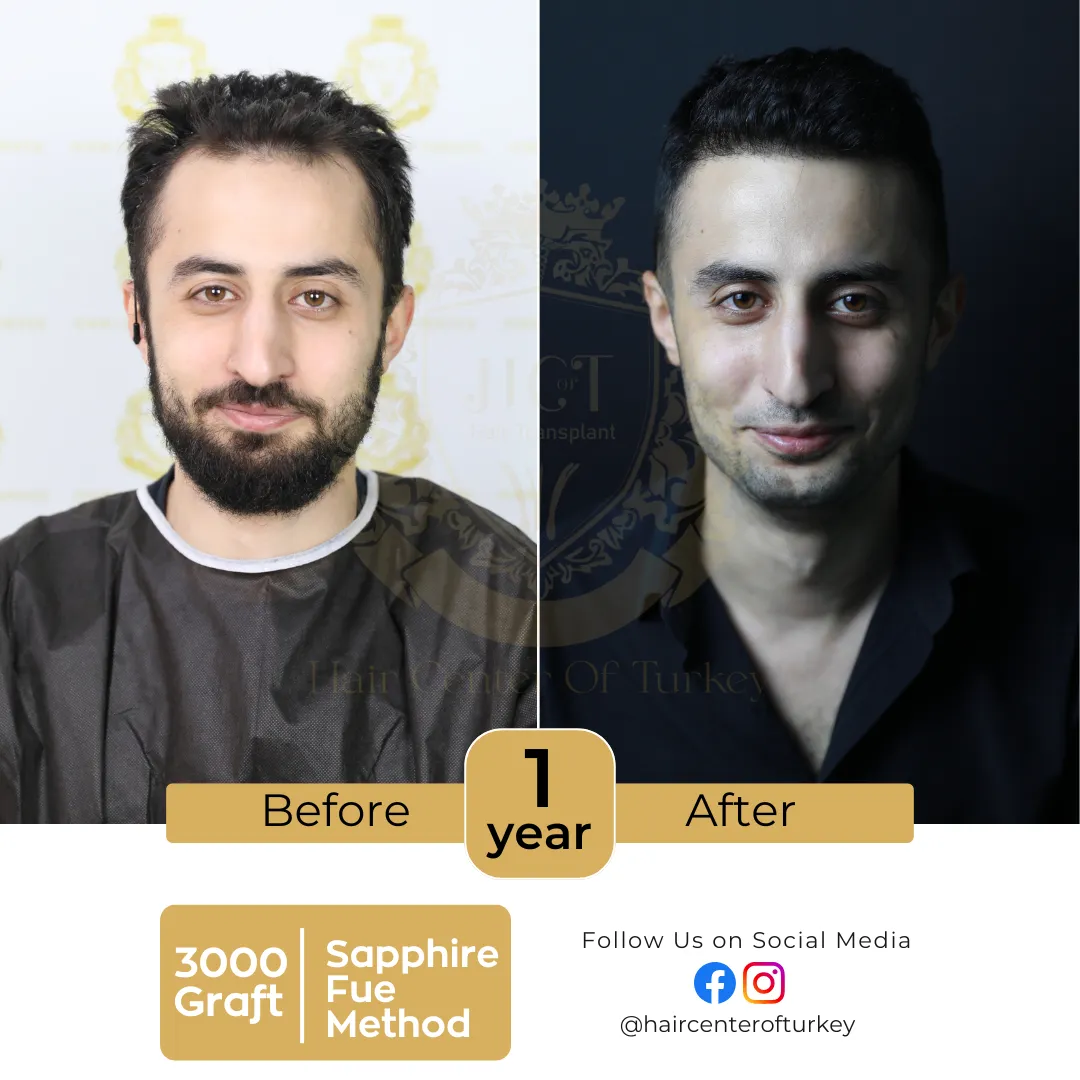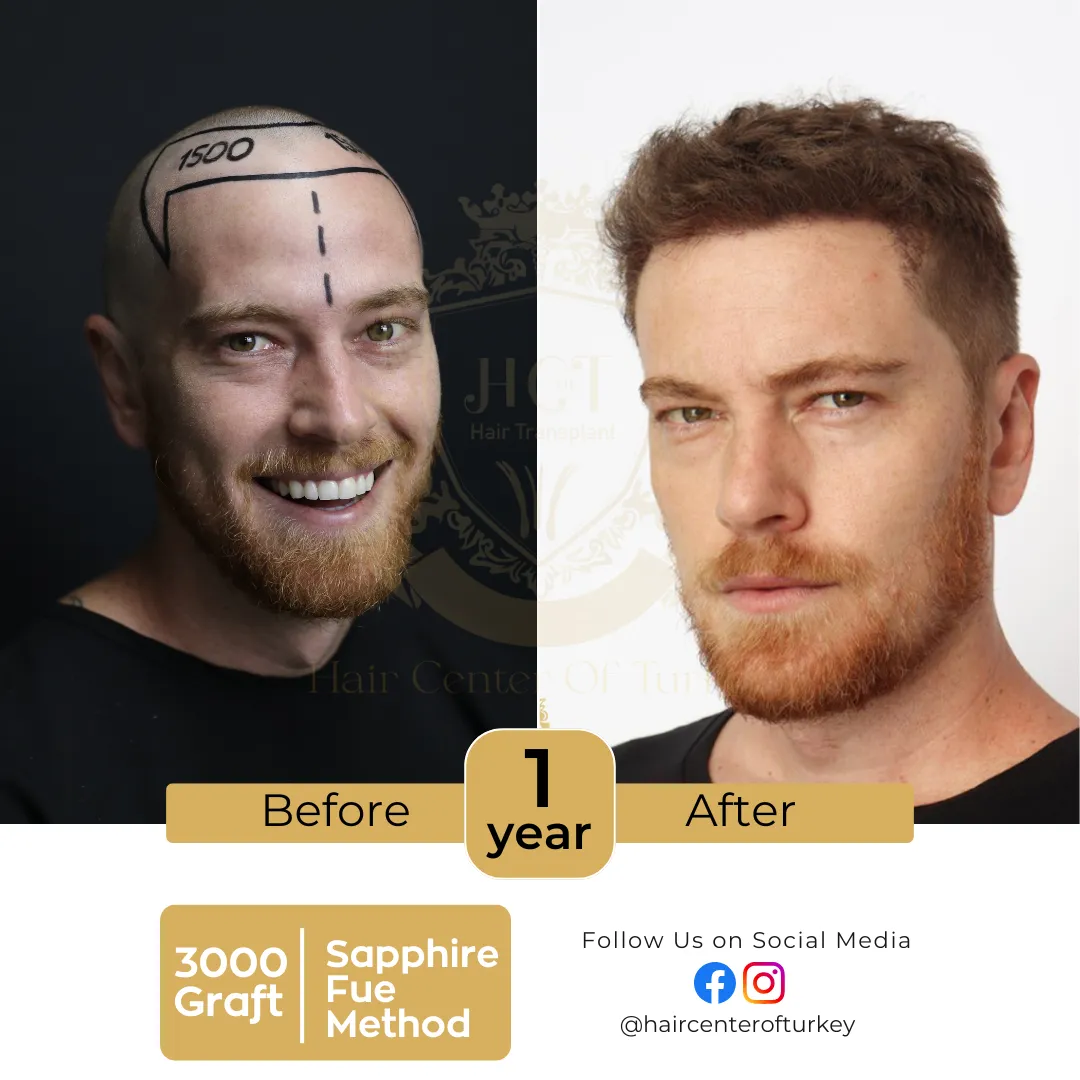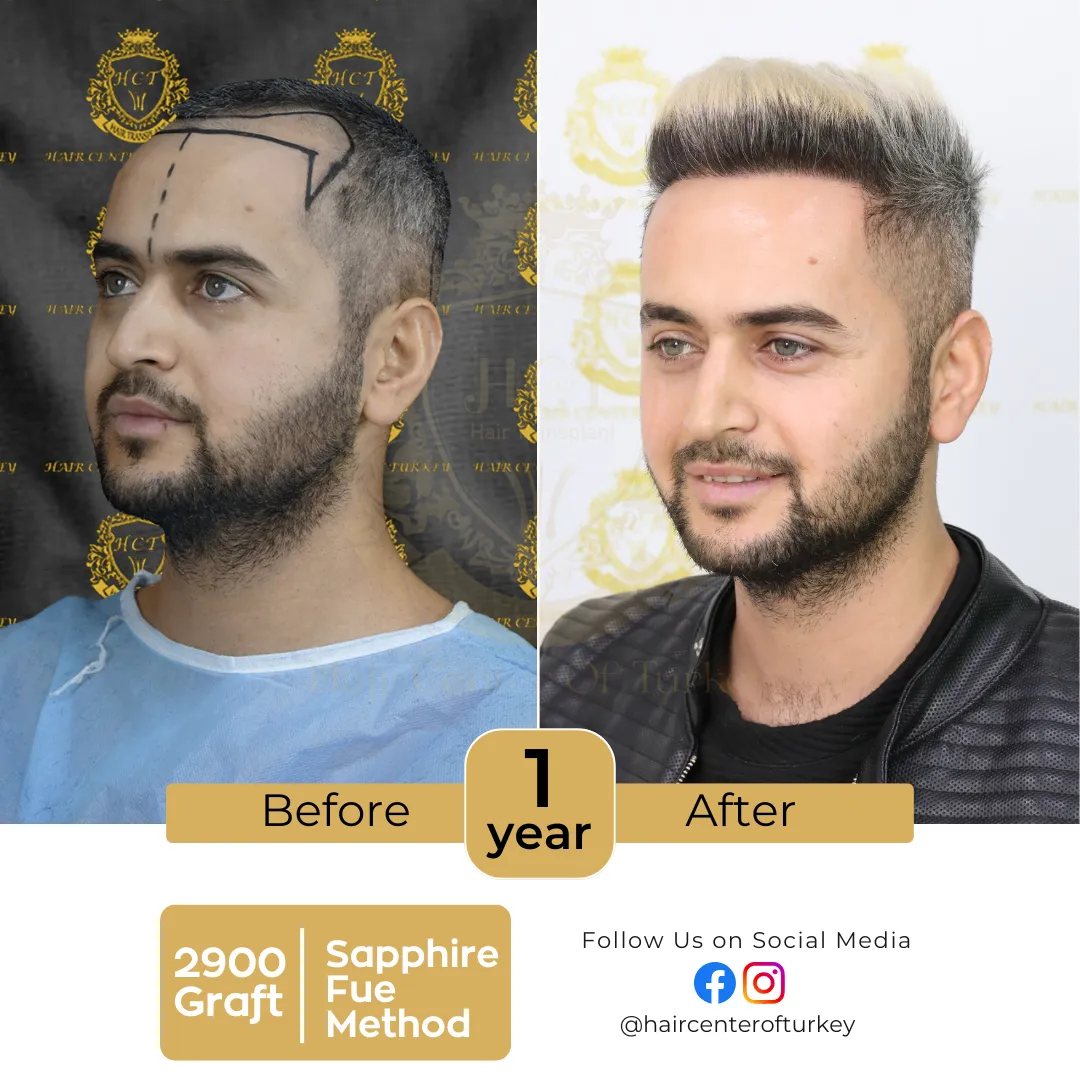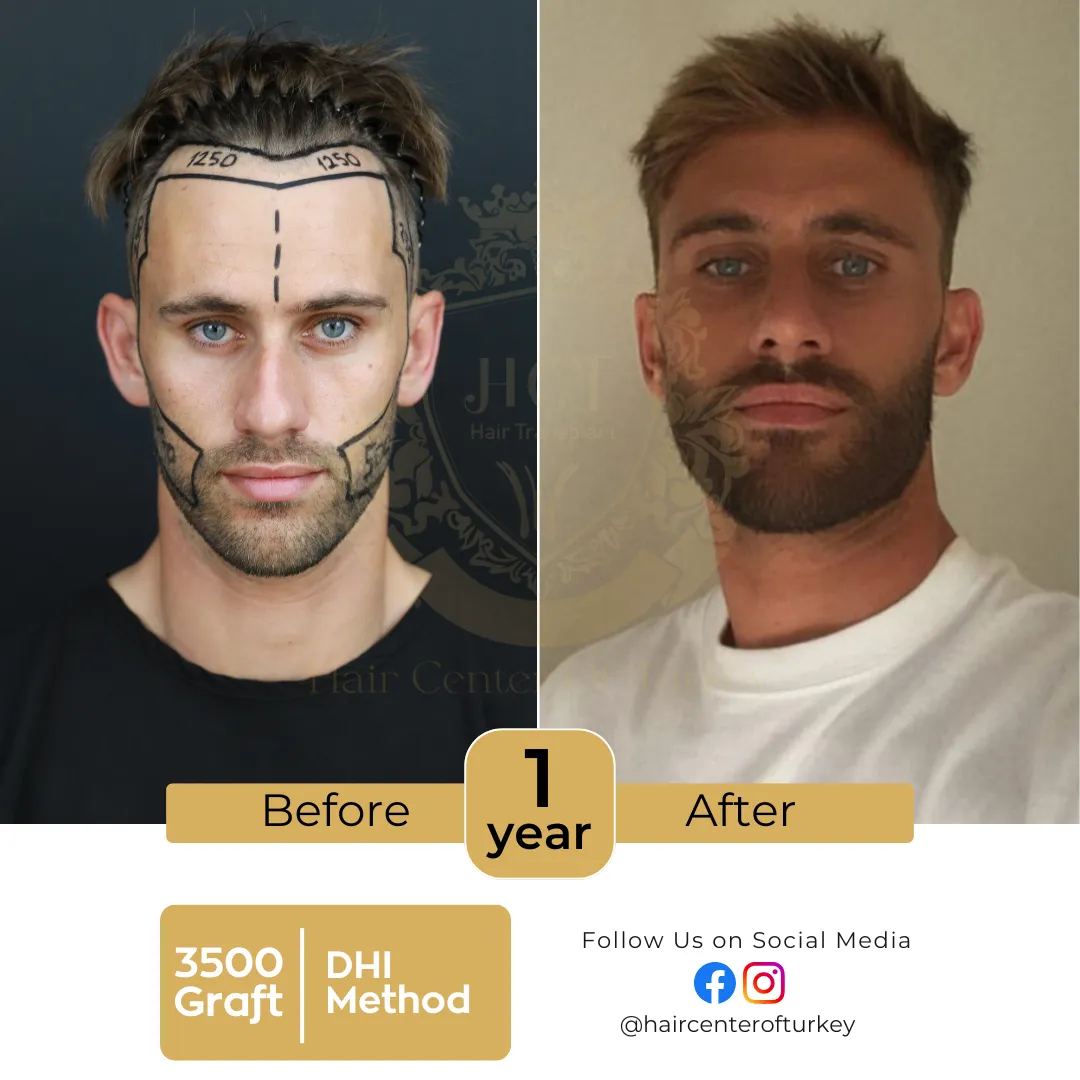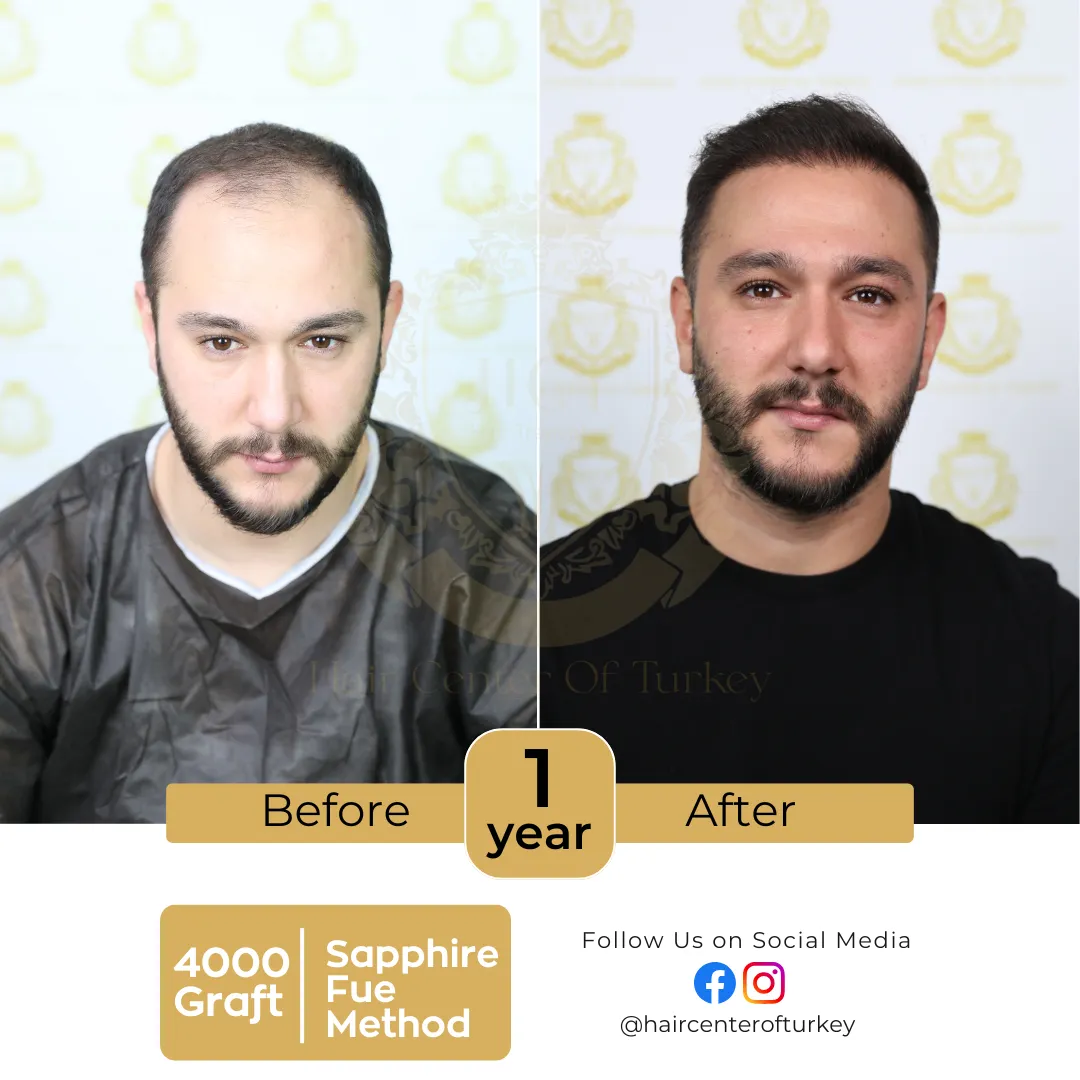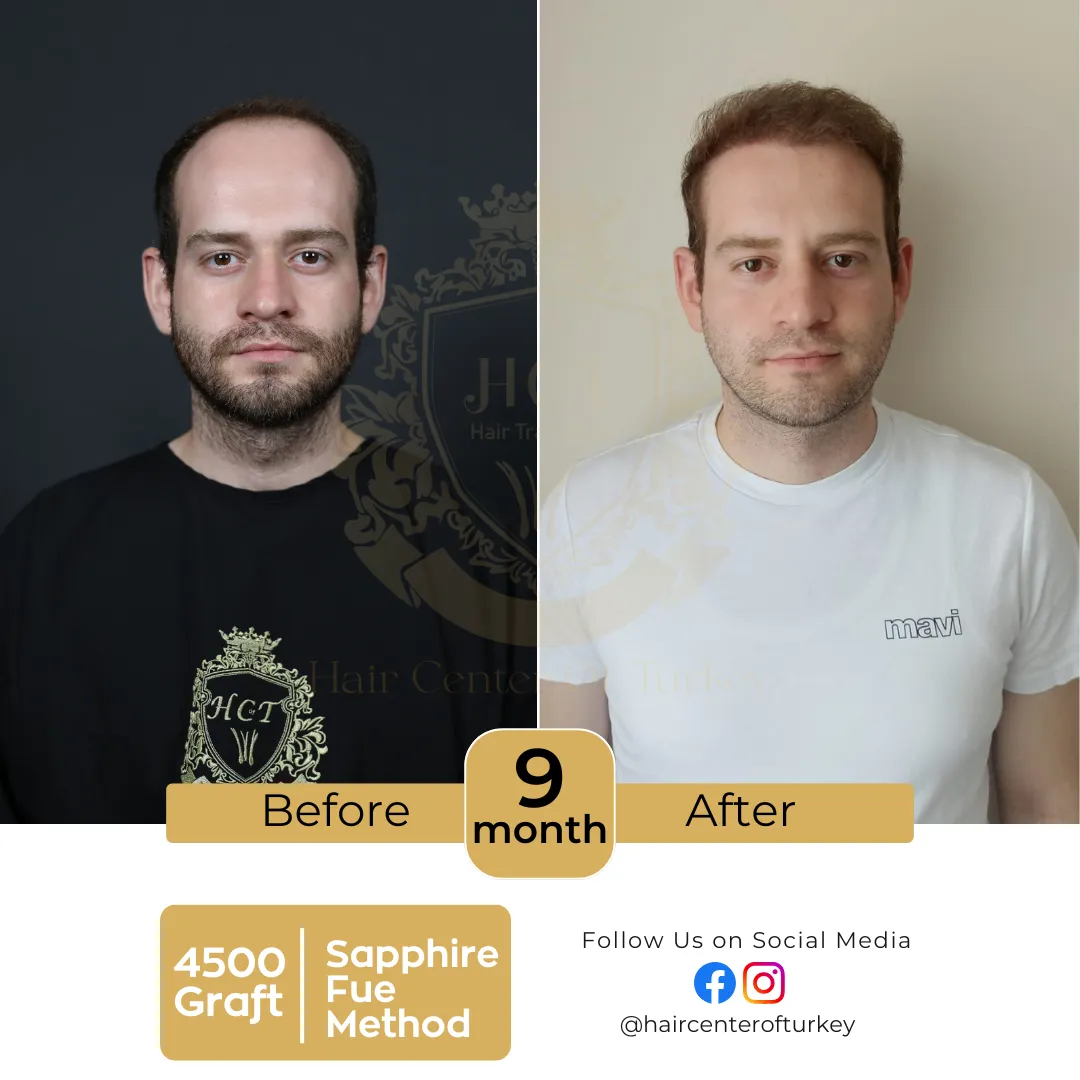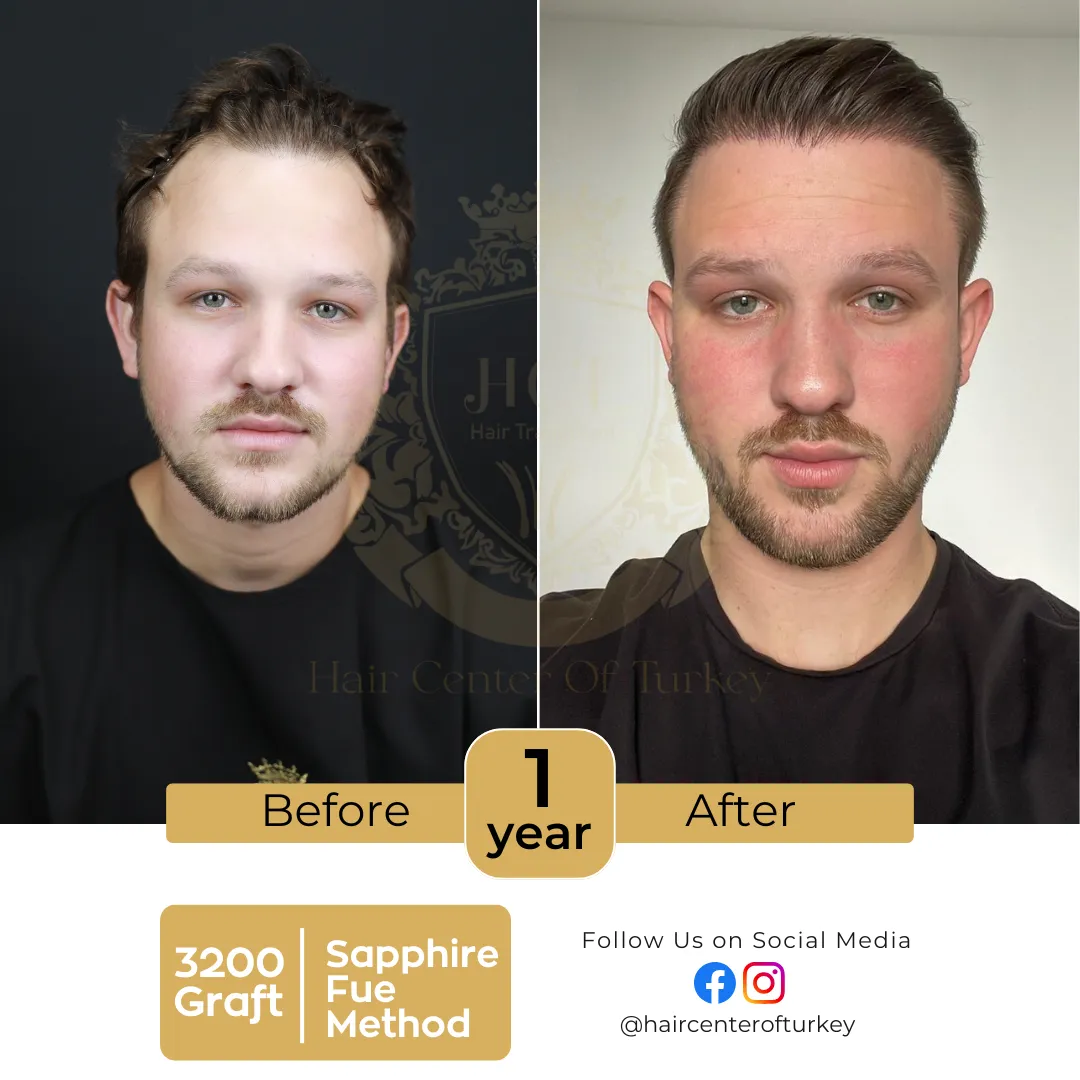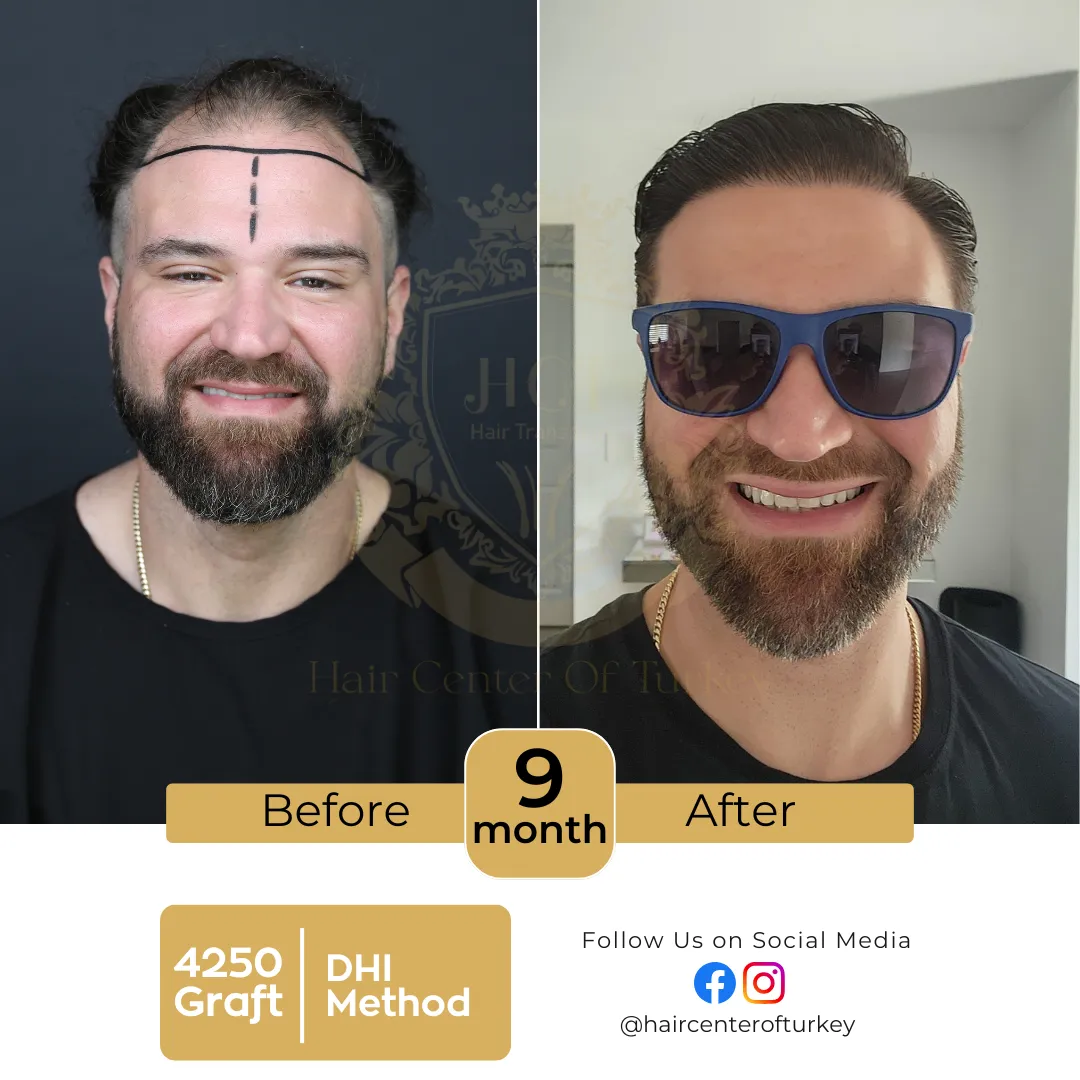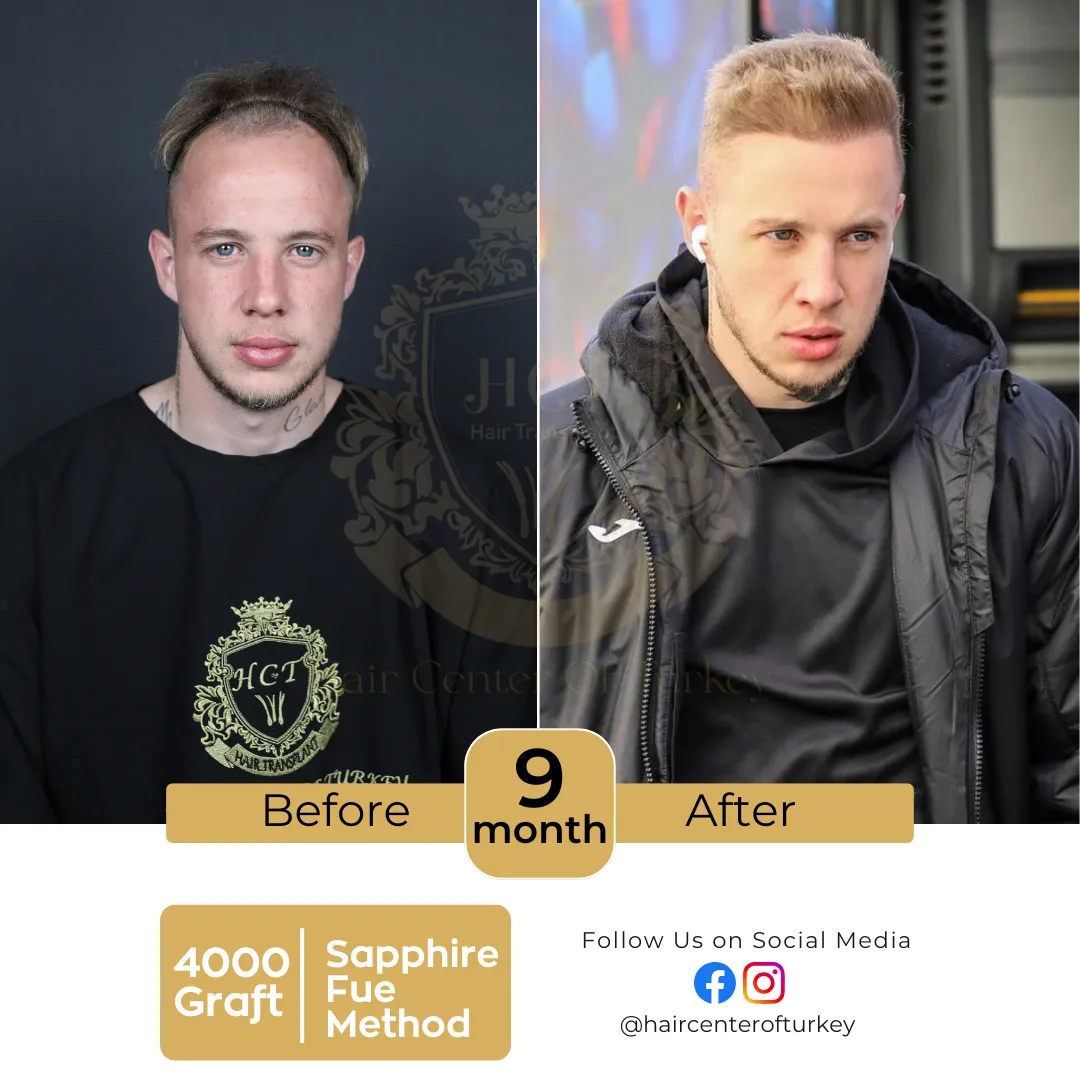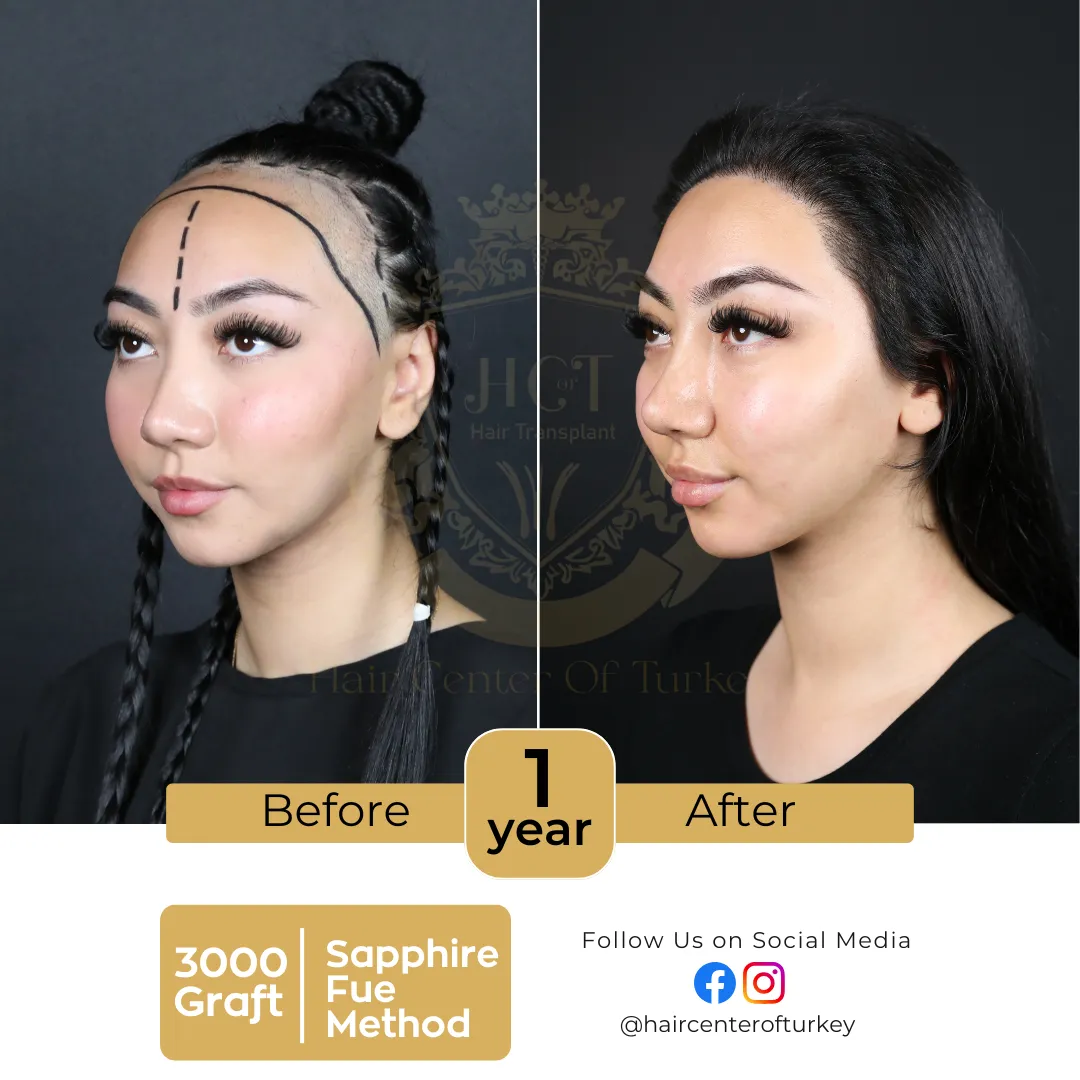Kunnen mensen met gehoor- of spraakproblemen een haartransplantatie krijgen?
Haartransplantatie is een zeer effectieve oplossing voor mensen met haarverlies en moderne technieken zoals FUE (Follicular Unit Extraction) en DHI (Direct Hair Implantation) hebben het veiliger en toegankelijker gemaakt. Een belangrijke vraag die soms rijst is of mensen met gehoor- of spraakproblemen deze procedure kunnen ondergaan. Het korte antwoord is ja – mensen met gehoor- of spraakproblemen kunnen absoluut een haartransplantatie ondergaan, mits de kliniek de juiste aanpassingen en communicatieondersteuning biedt. In dit artikel bespreken we hoe het proces werkt voor deze patiënten en welke overwegingen belangrijk zijn voor een succesvolle ervaring.
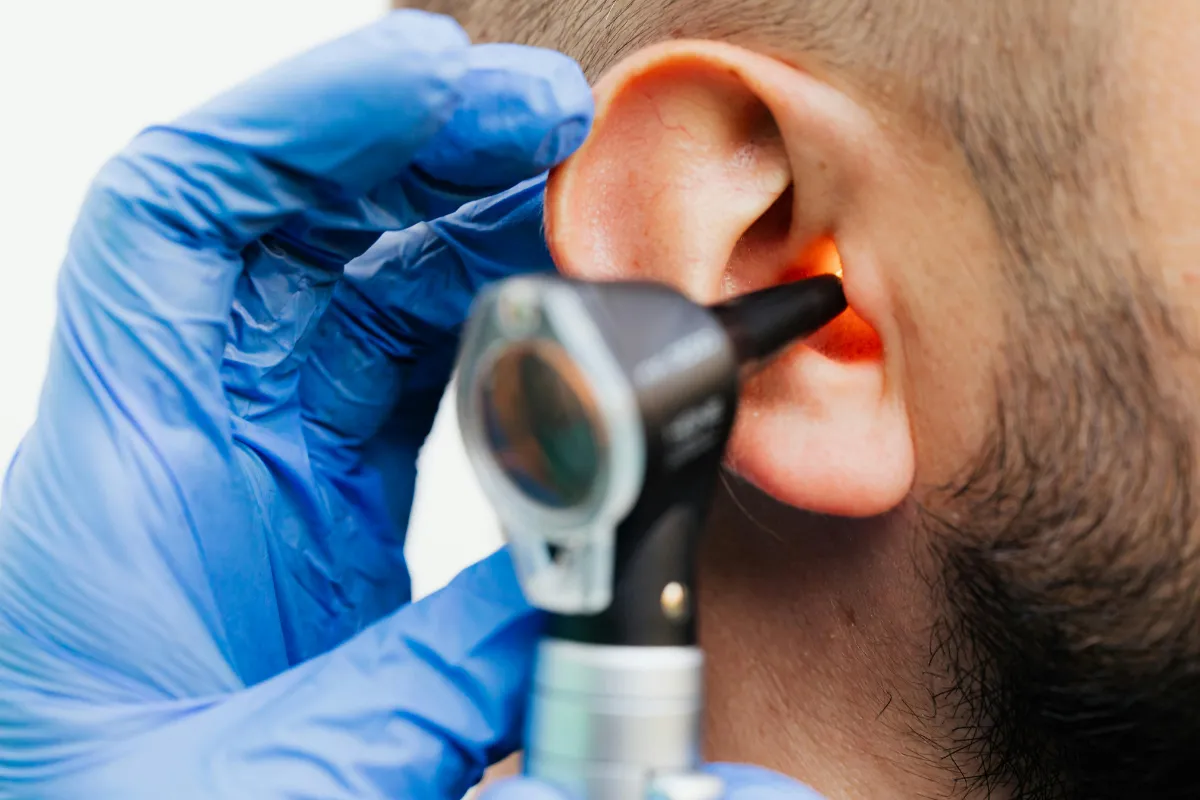
Is haartransplantatie veilig voor mensen met gehoor- of spraakproblemen?
Ja. Gehoor- of spraakproblemen hebben geen fysieke invloed op iemands vermogen om een haartransplantatie te ondergaan. De procedure zelf wordt meestal uitgevoerd onder plaatselijke verdoving, vereist geen verbale communicatie tijdens de operatie en brengt geen verhoogd lichamelijk risico met zich mee voor personen met dergelijke beperkingen.
Duidelijke communicatie voor, tijdens en na de ingreep is echter essentieel om ervoor te zorgen dat de patiënt het proces, de verwachtingen, de risico’s en de nazorginstructies volledig begrijpt. Klinieken moeten bereid zijn om hun aanpak aan te passen voor patiënten die gebruik maken van gebarentaal, schriftelijke communicatie of spraakhulpmiddelen.
What Should Be Considered Before the Procedure?
The most important consideration is effective communication. Before the procedure, patients need to attend a consultation to evaluate their hair loss pattern, donor hair quality, and overall health. For individuals with hearing or speech impairments, the clinic should:
- Provide a sign language interpreter, if needed.
- Offer written instructions and explanations at every stage.
- Allow extra time for consultation to ensure all questions are answered thoroughly.
- Use visual aids, models, or videos to explain the procedure clearly.
These steps help build trust and ensure the patient feels fully informed and comfortable before surgery.

During the Procedure: What Support Is Needed?
Hair transplantation procedures can last several hours, and patients are awake throughout. Since verbal communication is minimal during the surgery, there are usually no obstacles for hearing- or speech-impaired individuals. However, the surgical team should:
- Establish a basic set of nonverbal cues (like hand signals) to ensure the patient can communicate if they feel discomfort.
- Make sure the patient is always aware of what stage of the procedure they are in, to prevent anxiety or confusion.
- Provide a calm and supportive environment.
Aftercare and Recovery: How to Support Communication?
Post-operative instructions are a critical part of recovery, and patients must understand how to take care of their scalp, avoid complications, and follow medication schedules. For patients with hearing or speech impairments:
- All instructions should be provided in writing, with illustrations when helpful.
- Follow-up appointments should include accommodations such as interpreters or written Q&A sessions.
- Digital communication like email or secure messaging can be useful for ongoing support.
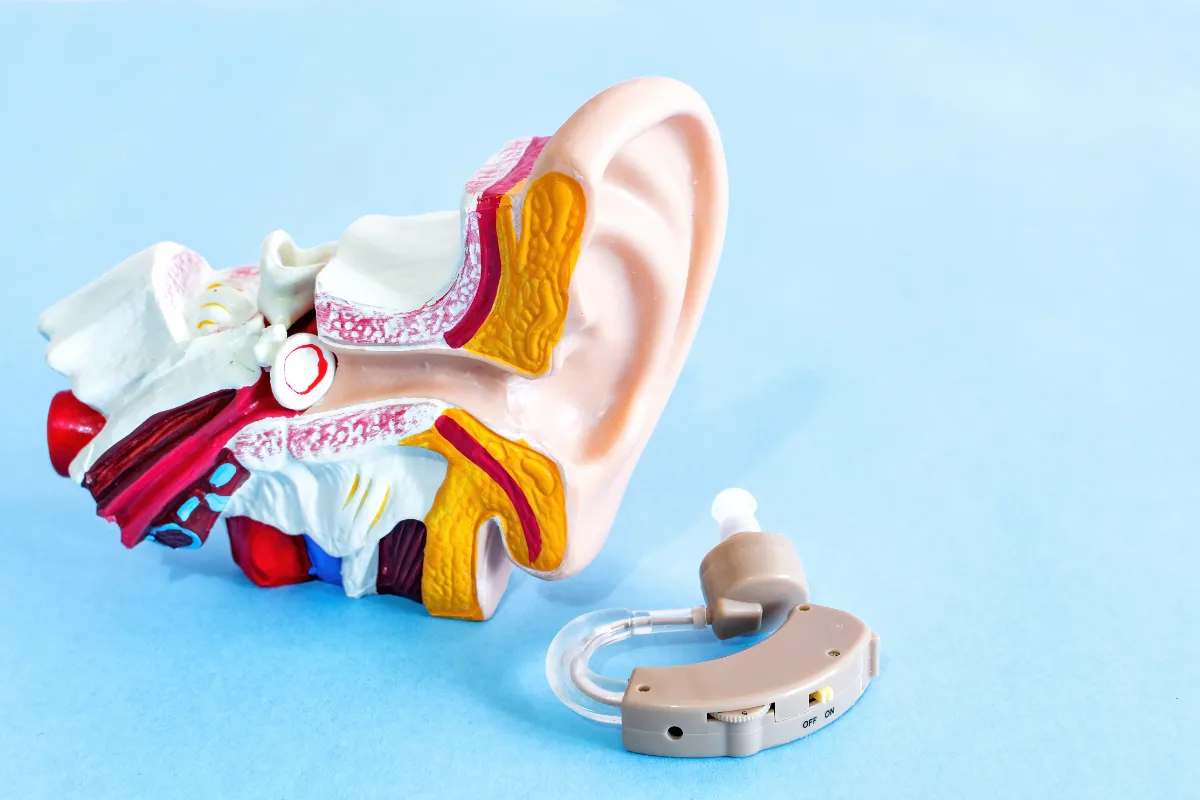
Can People with Additional Disabilities Undergo the Procedure?
Yes, but additional planning may be required. For example, if a patient also has limited mobility or cognitive challenges, the clinic may need to modify the procedure setup or schedule shorter sessions. The key is individual assessment and a patient-centered approach.

